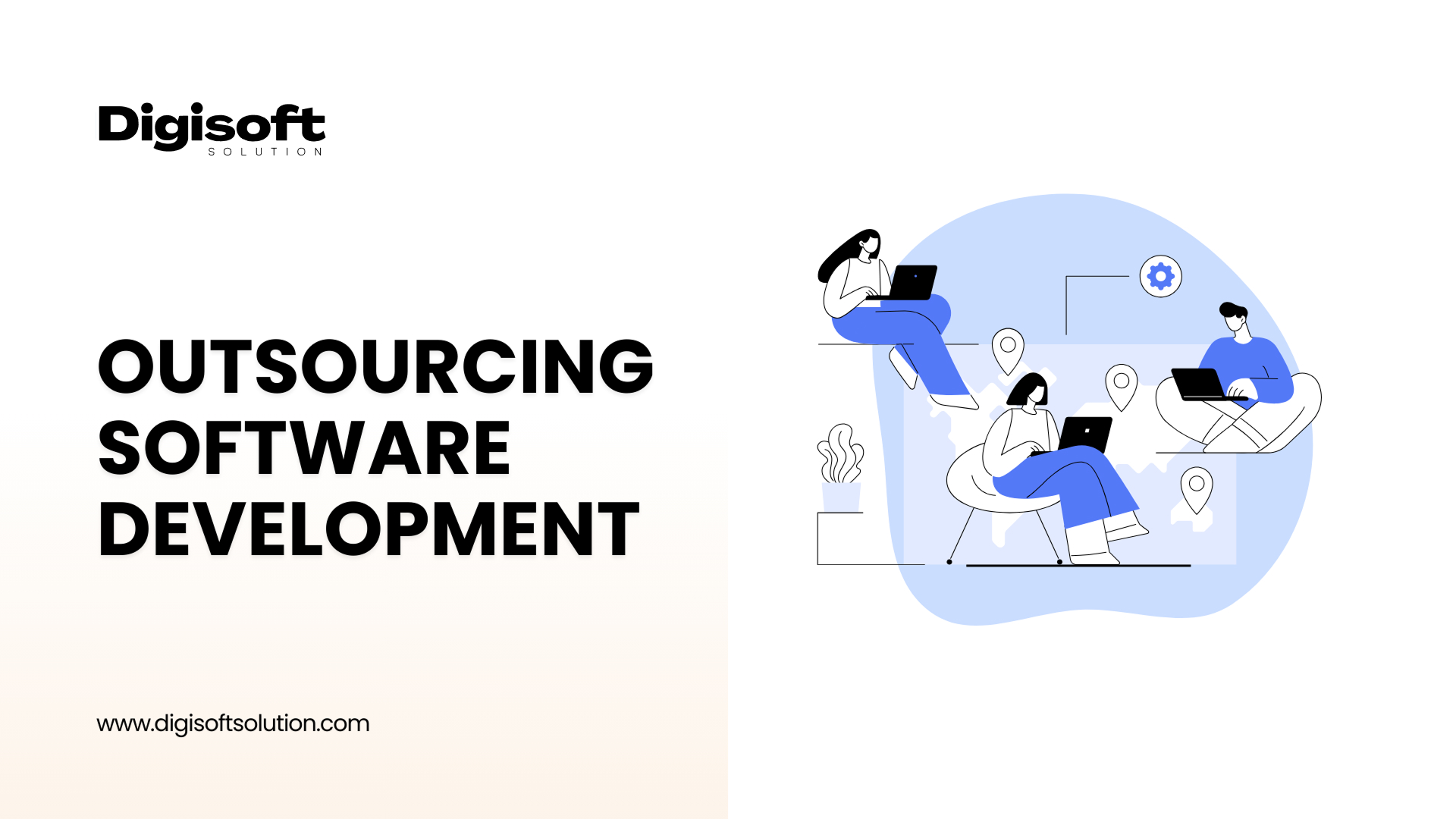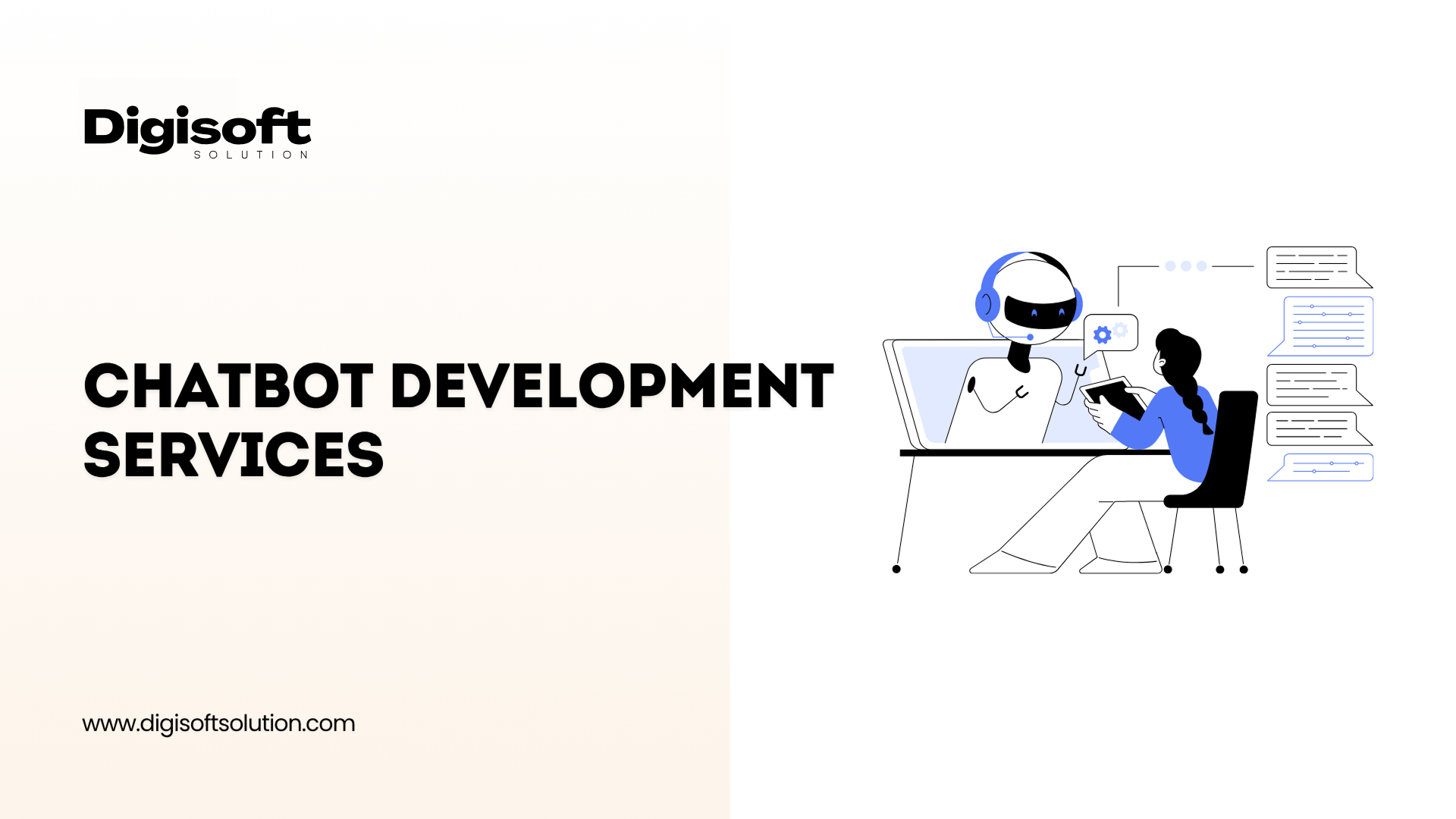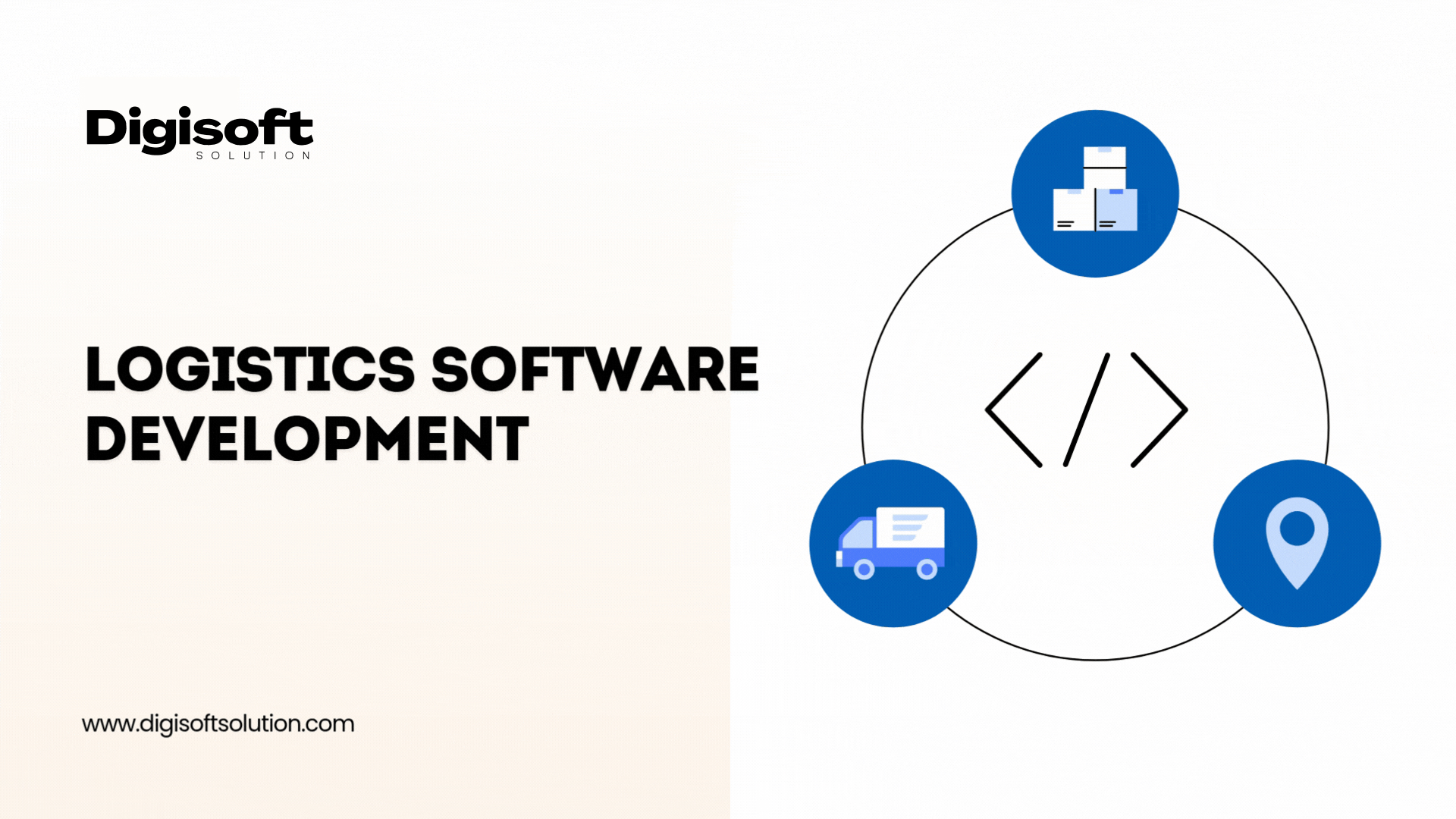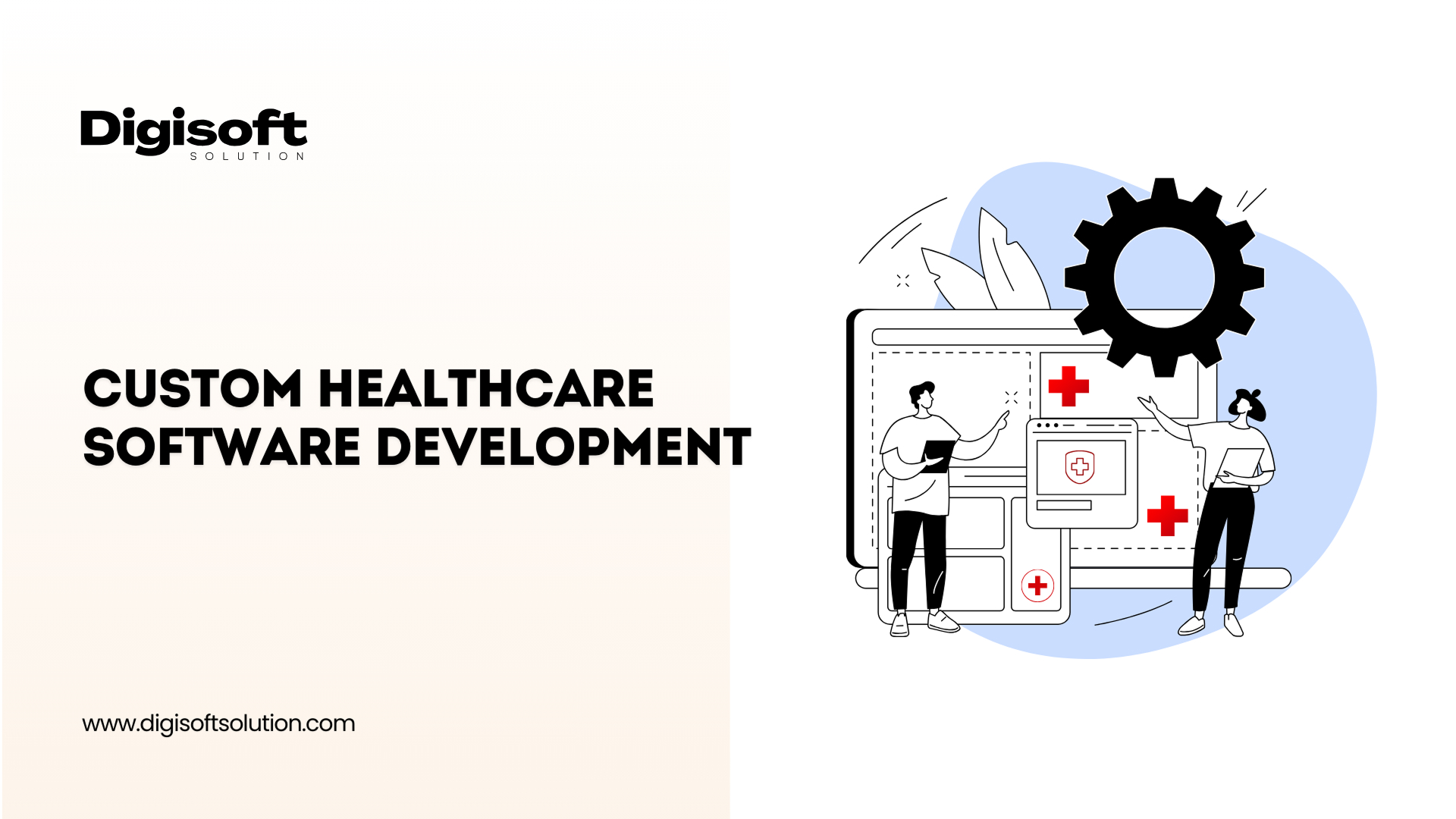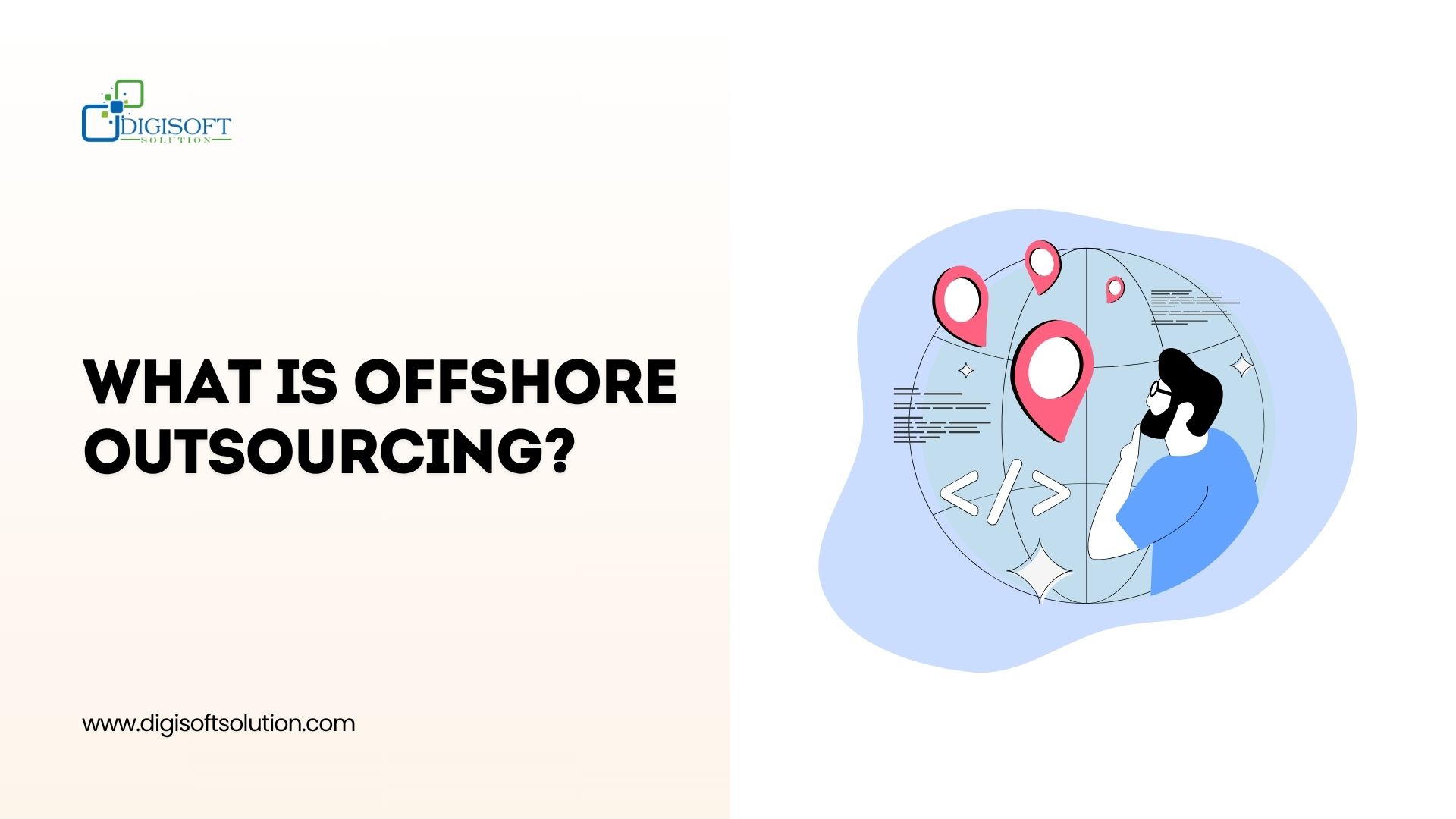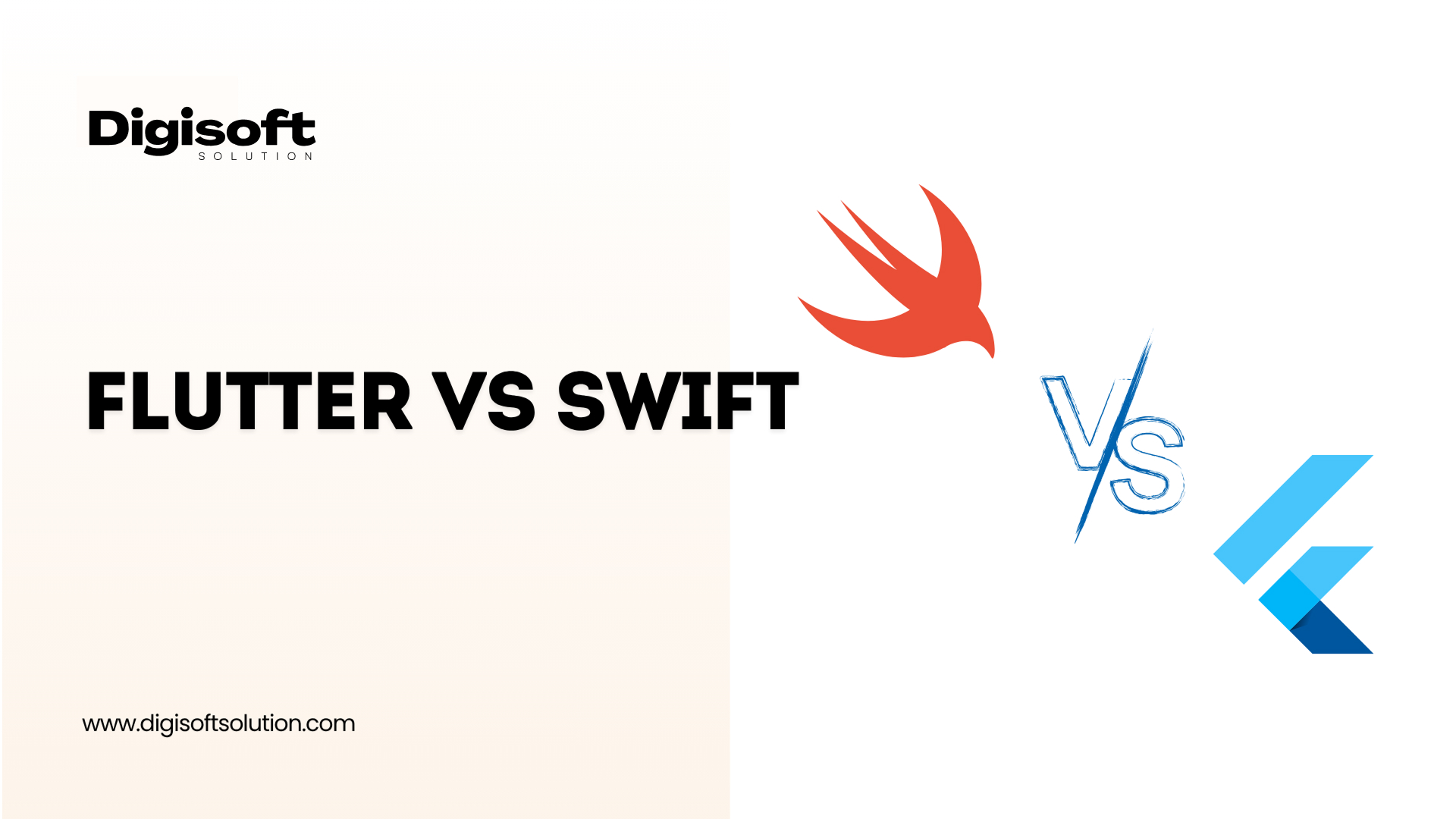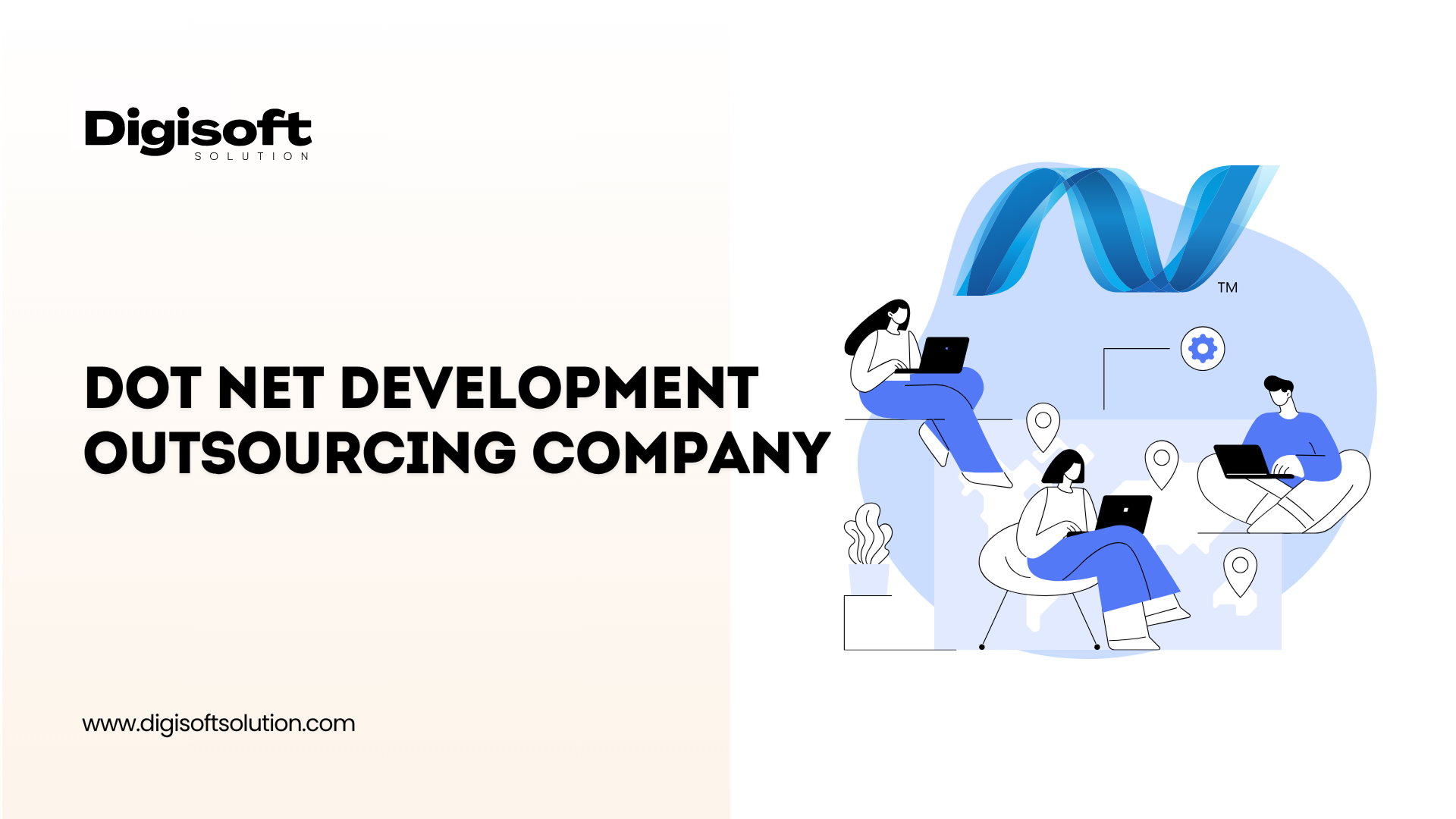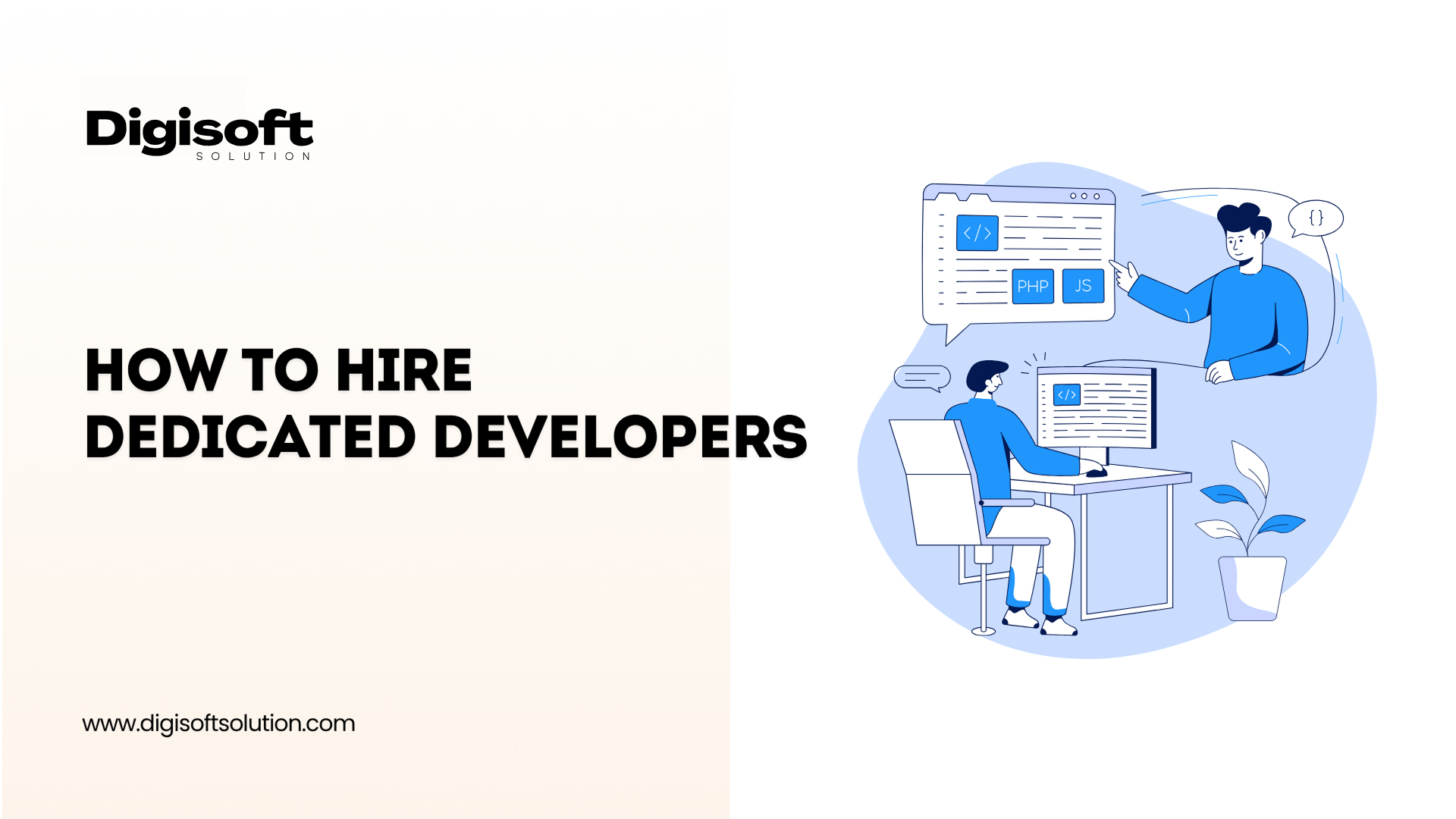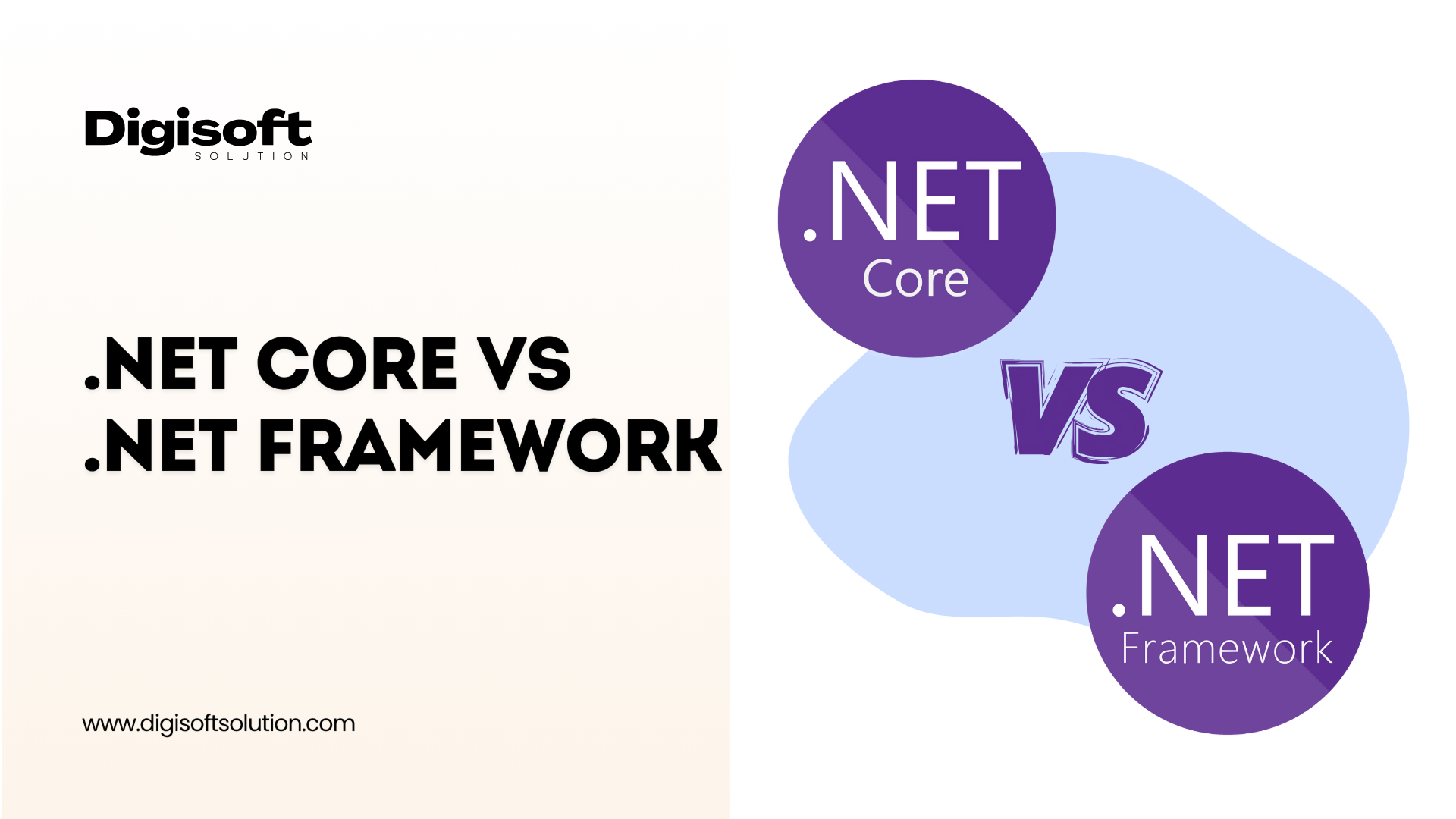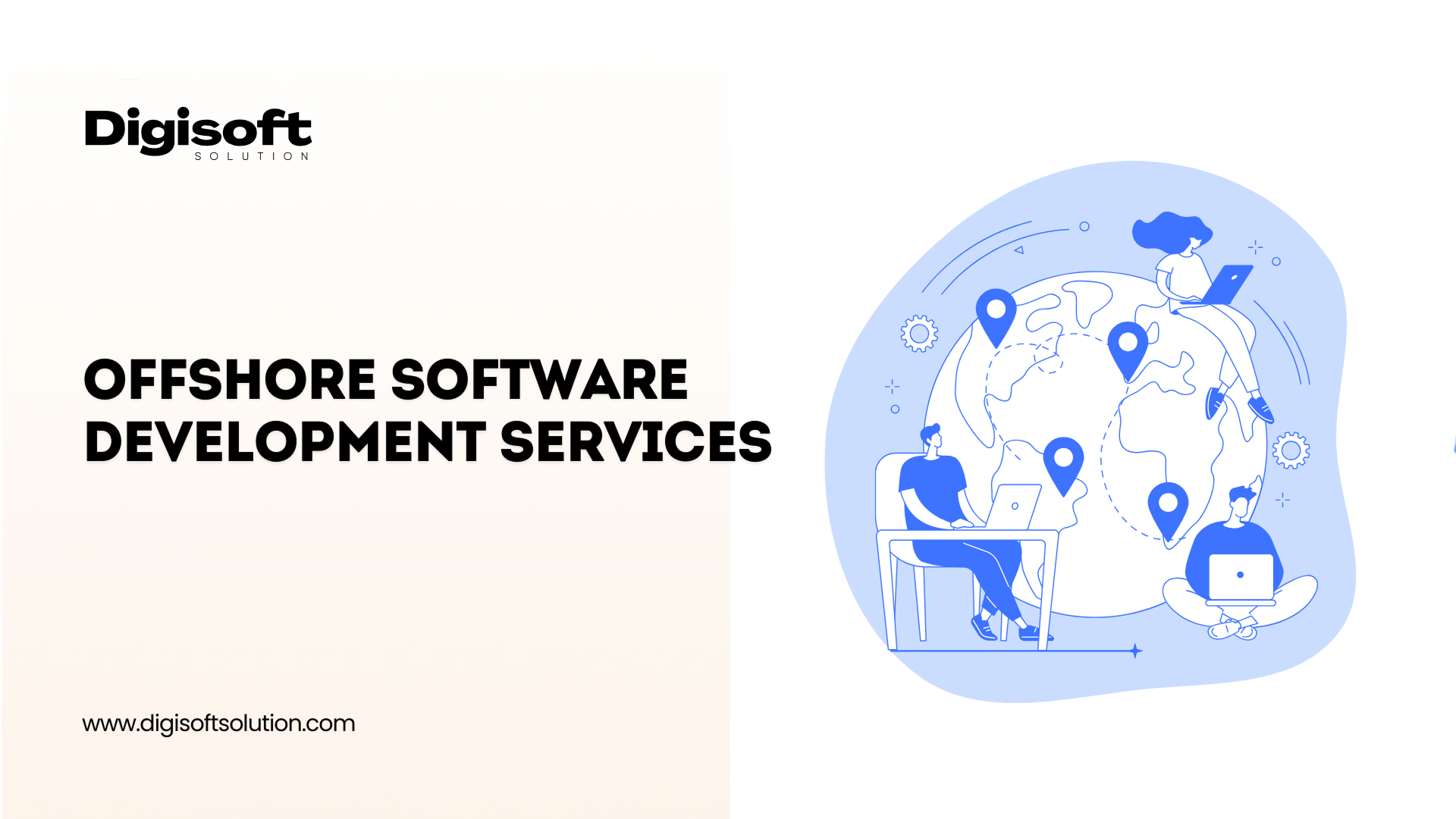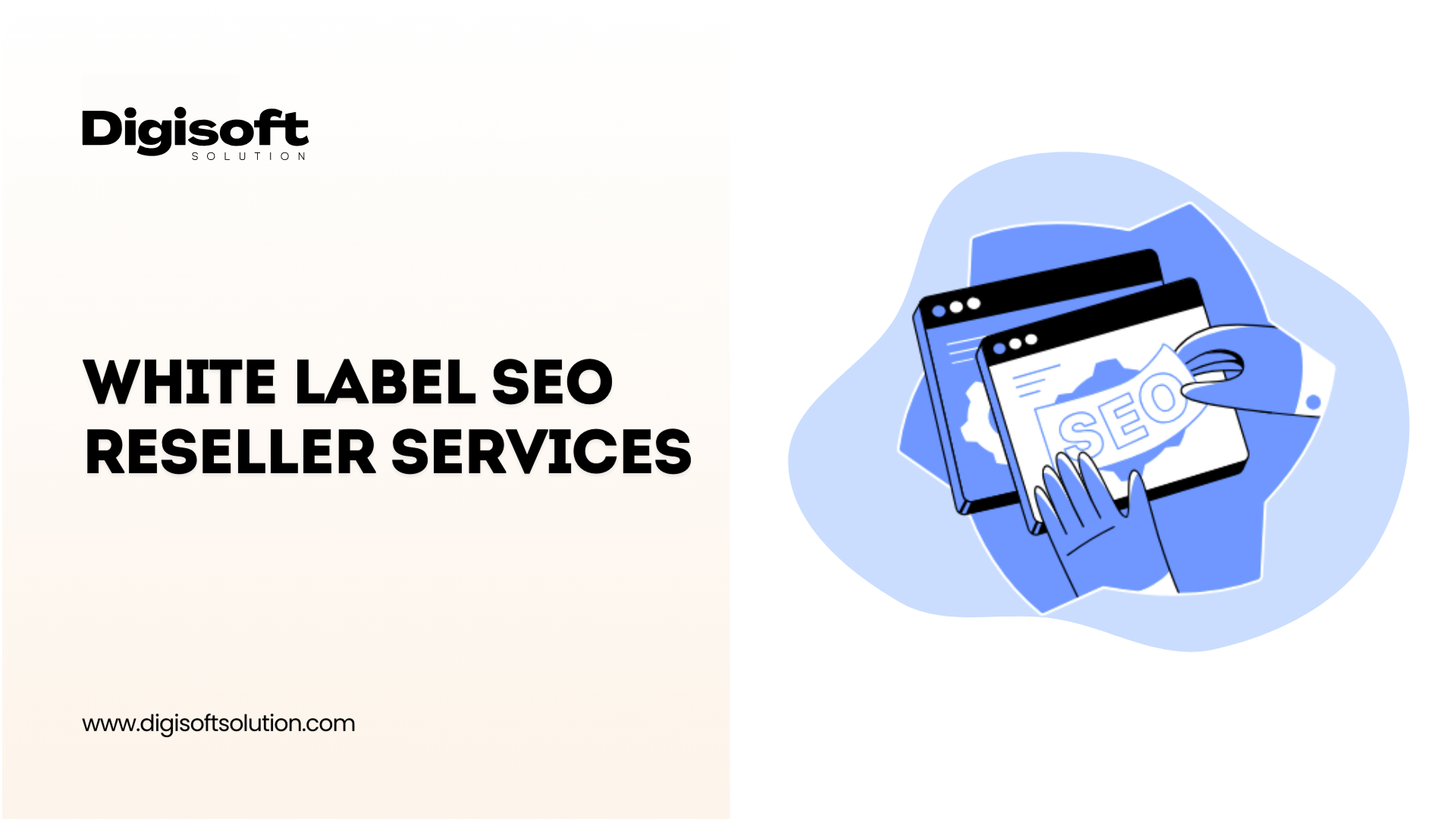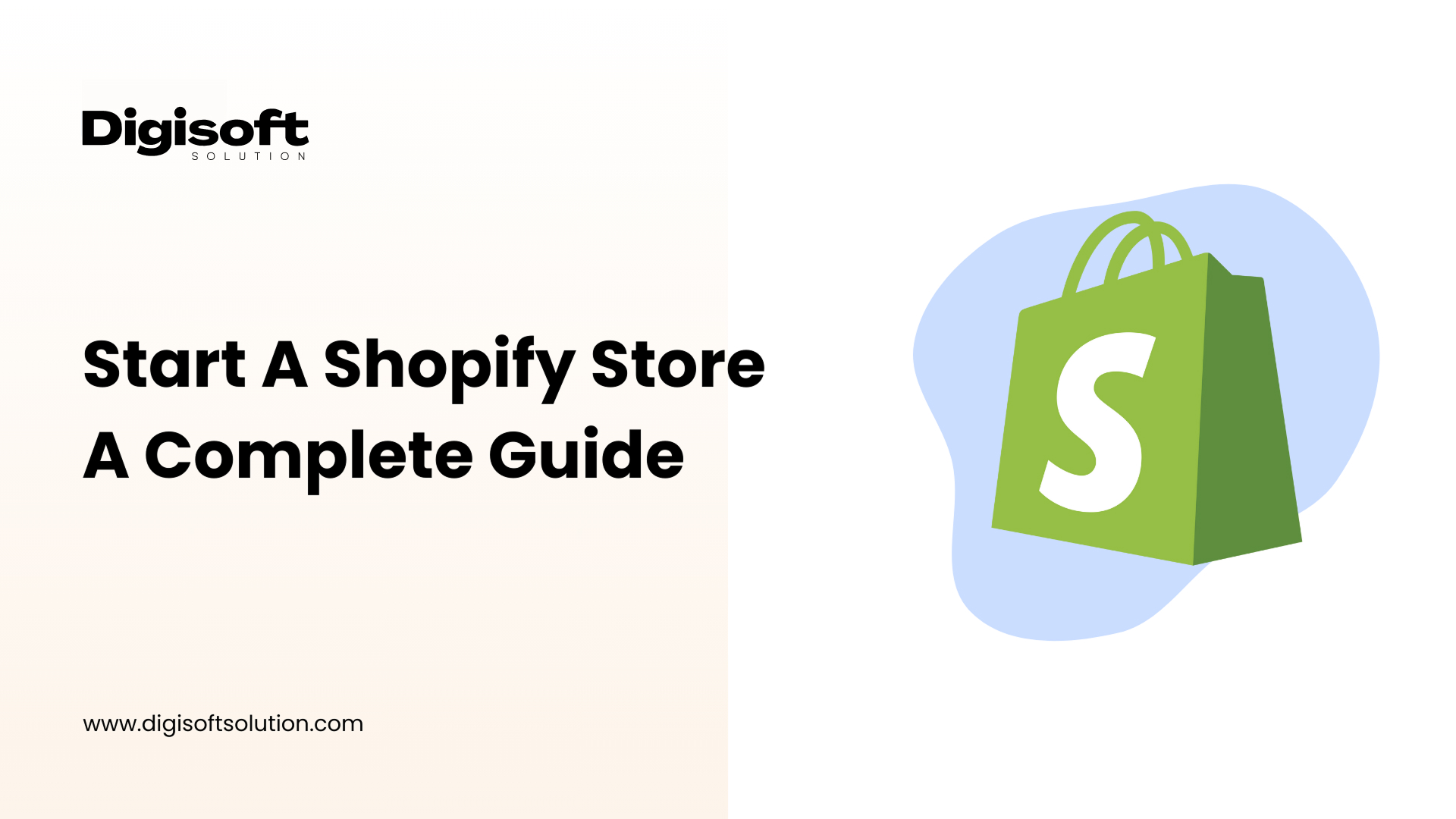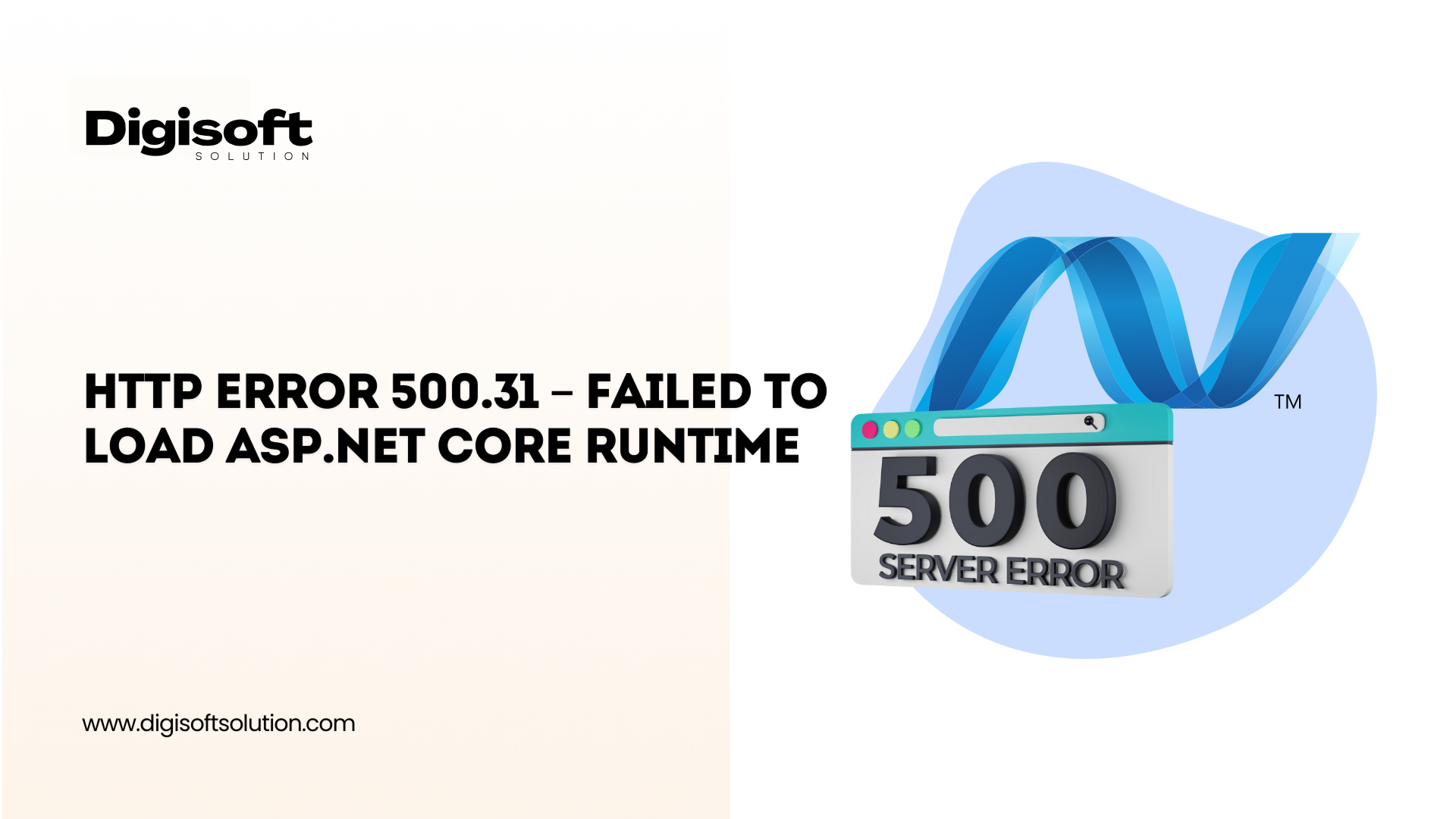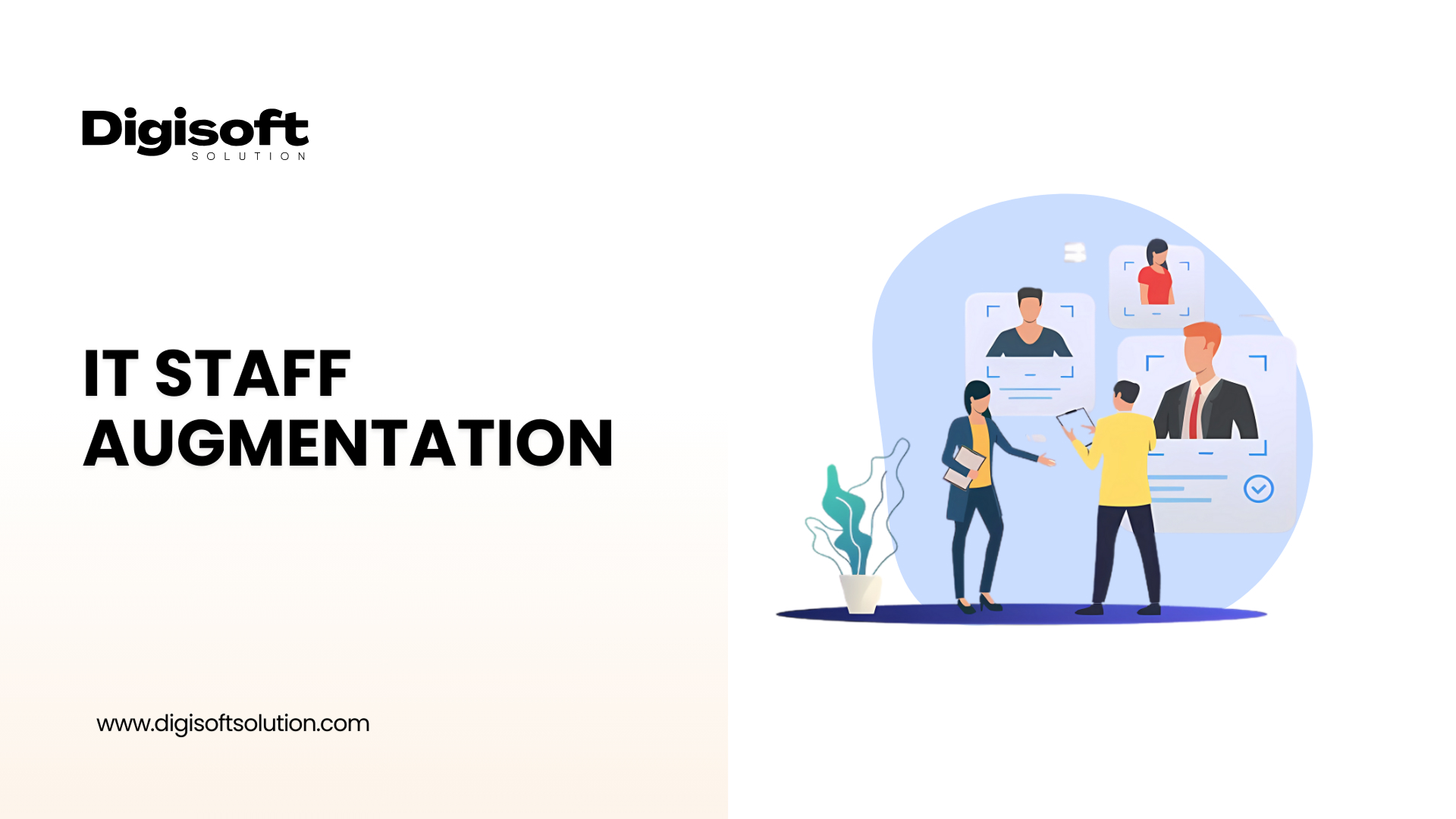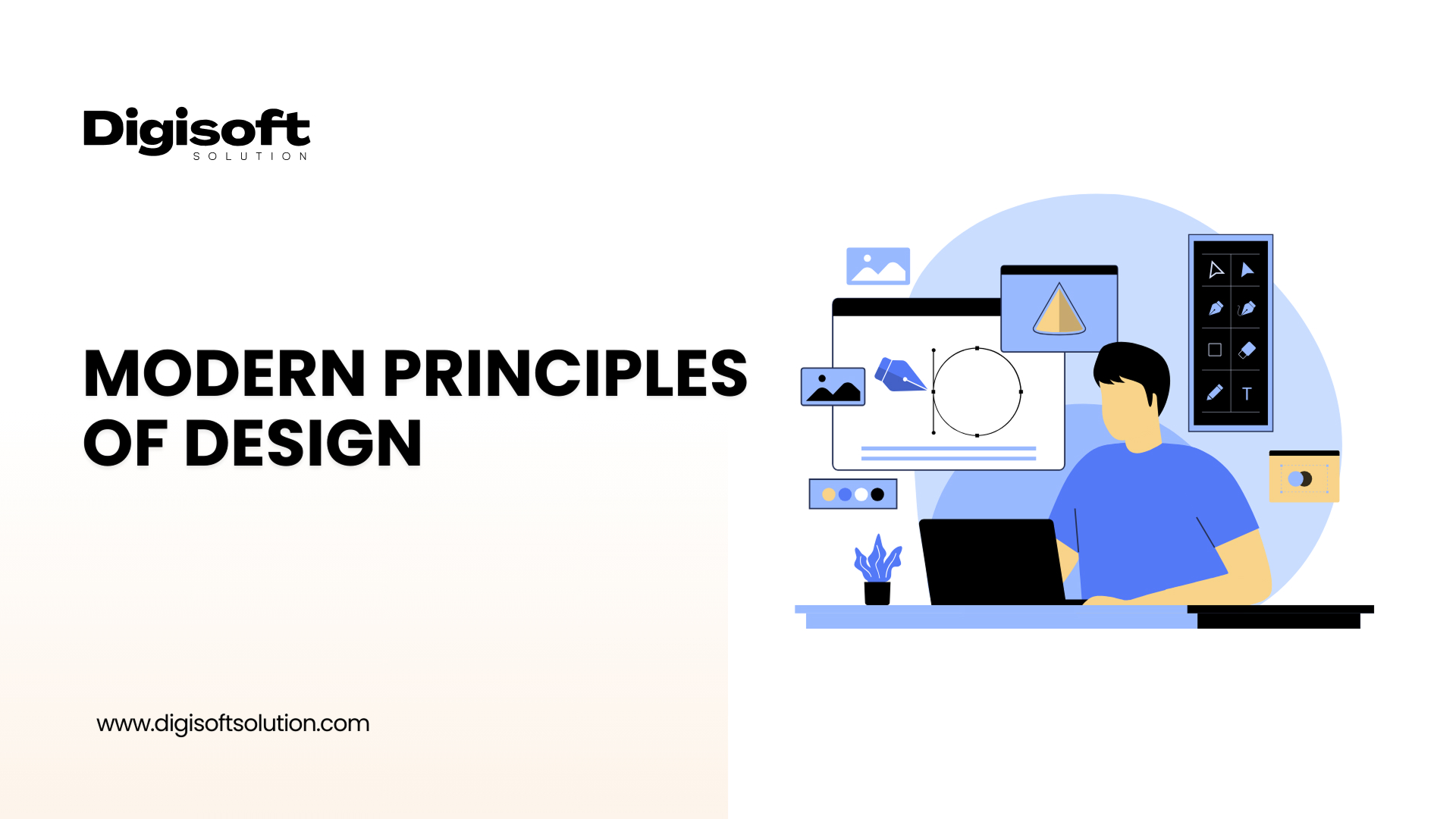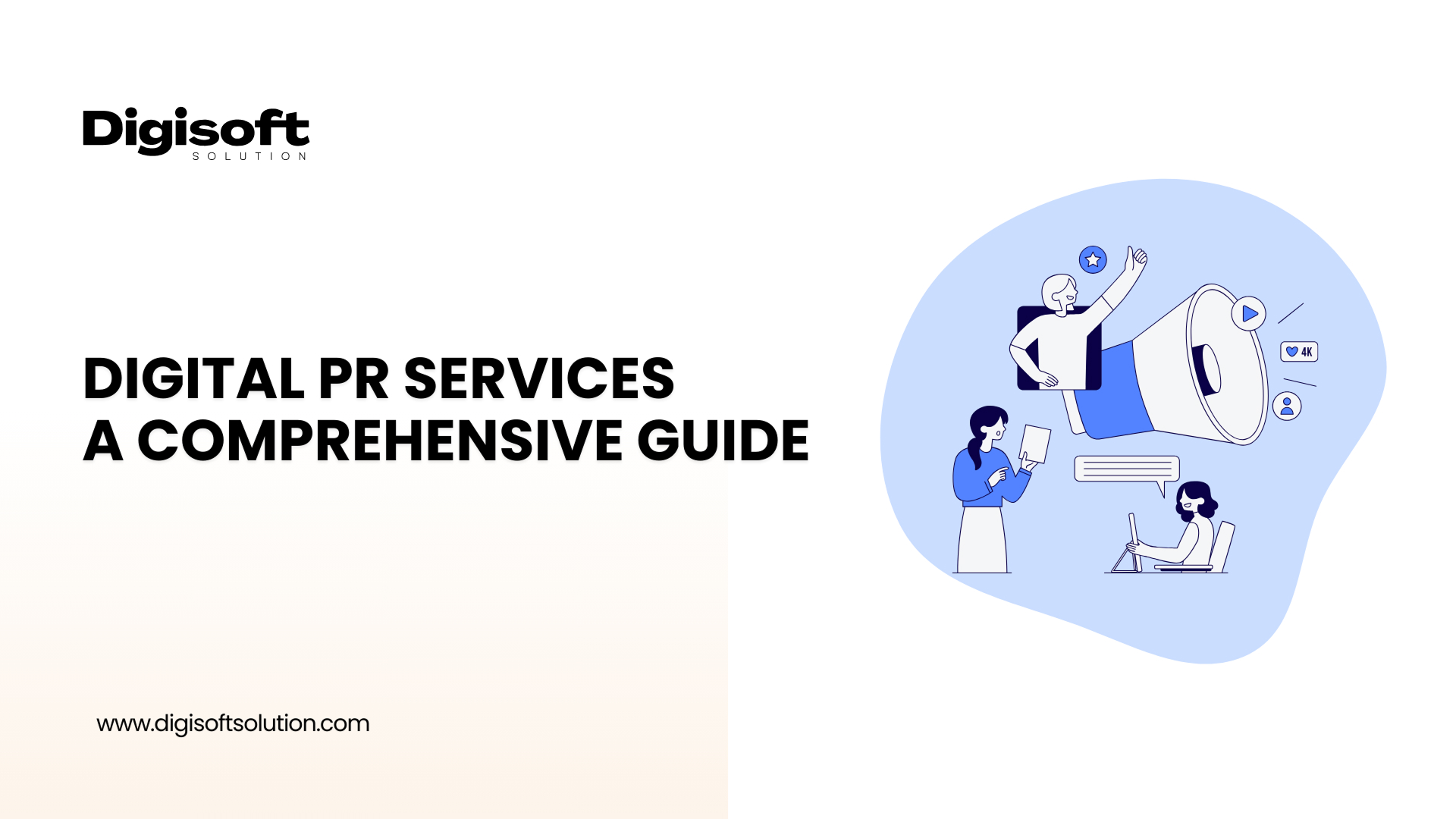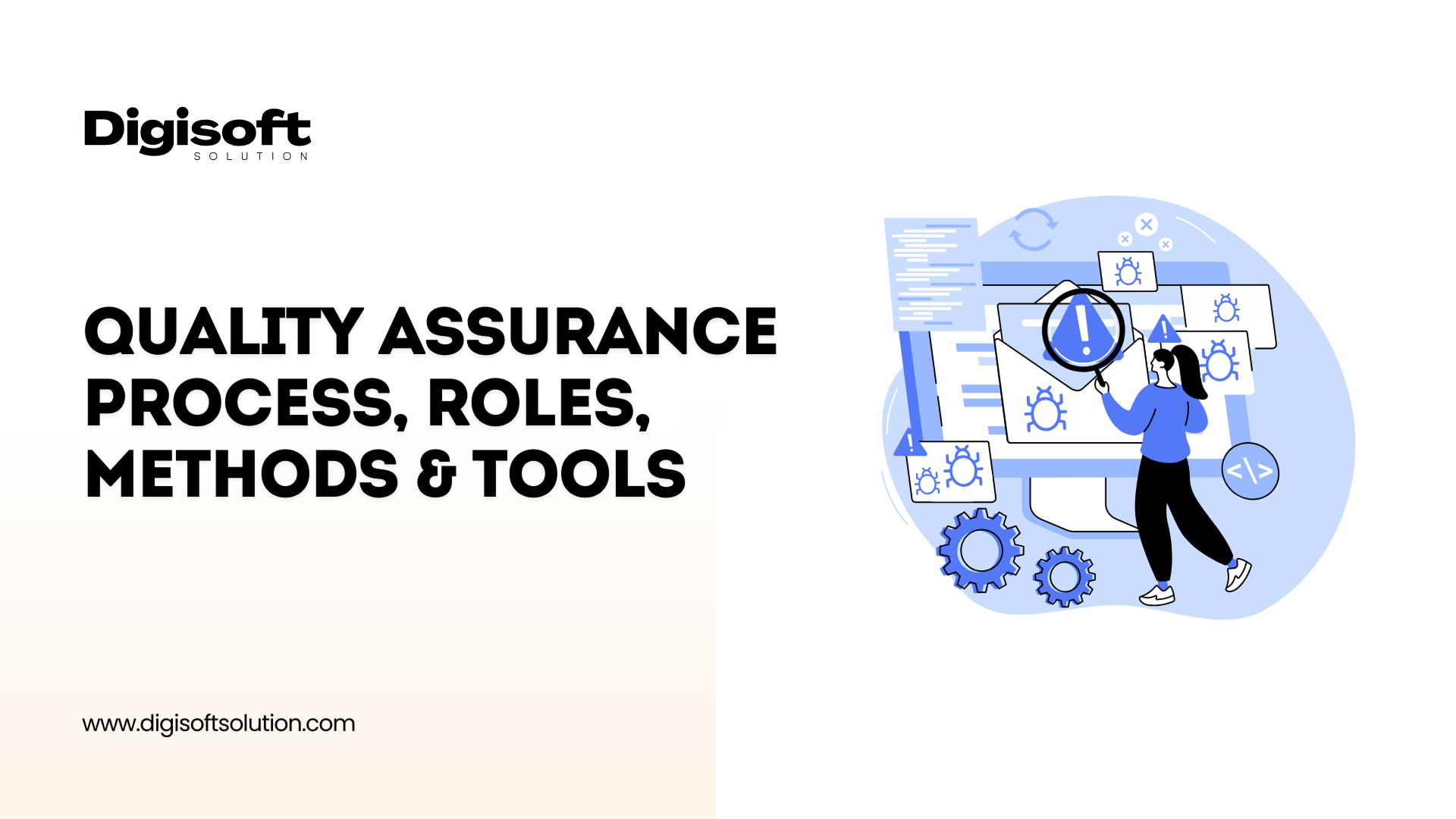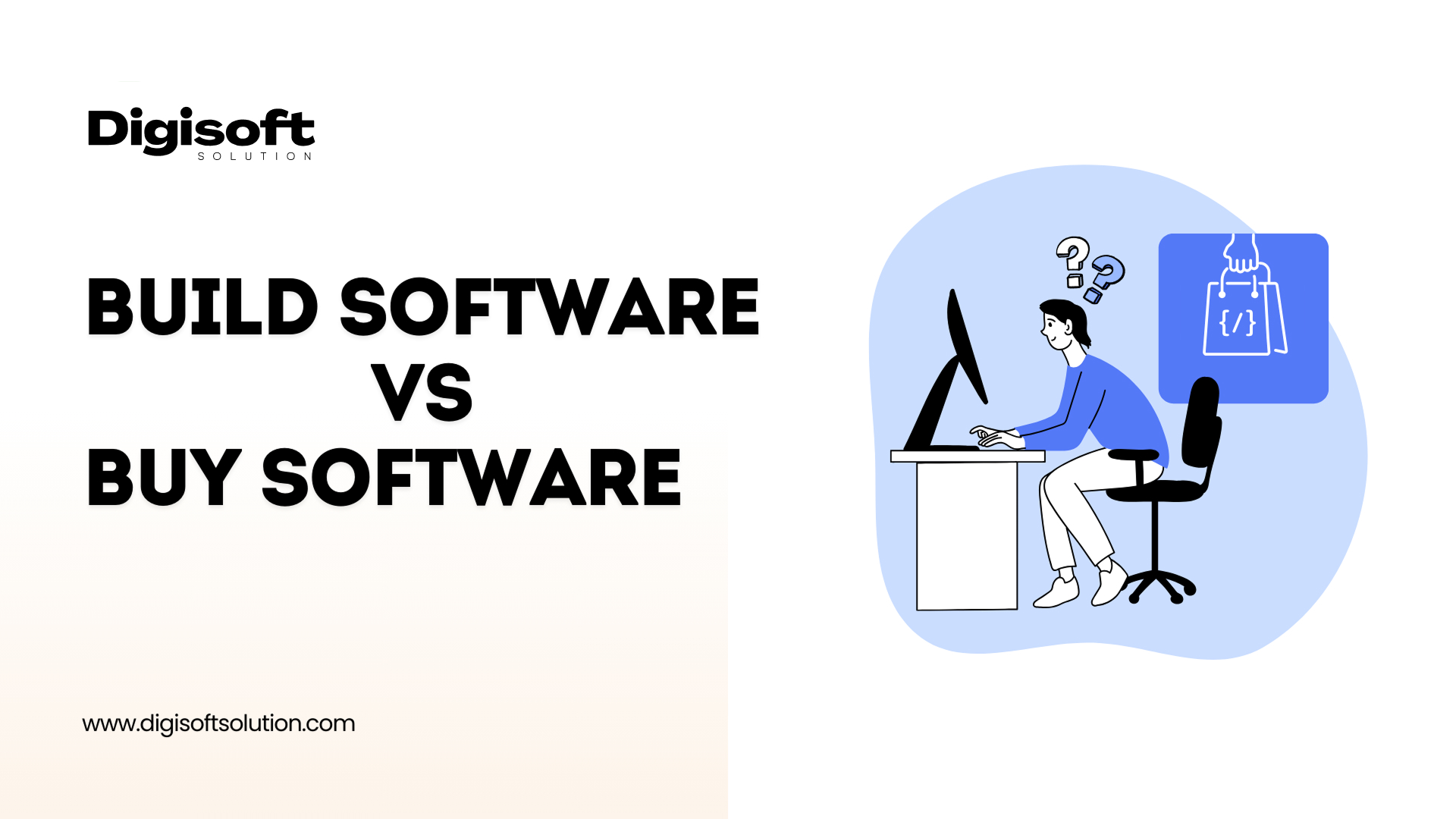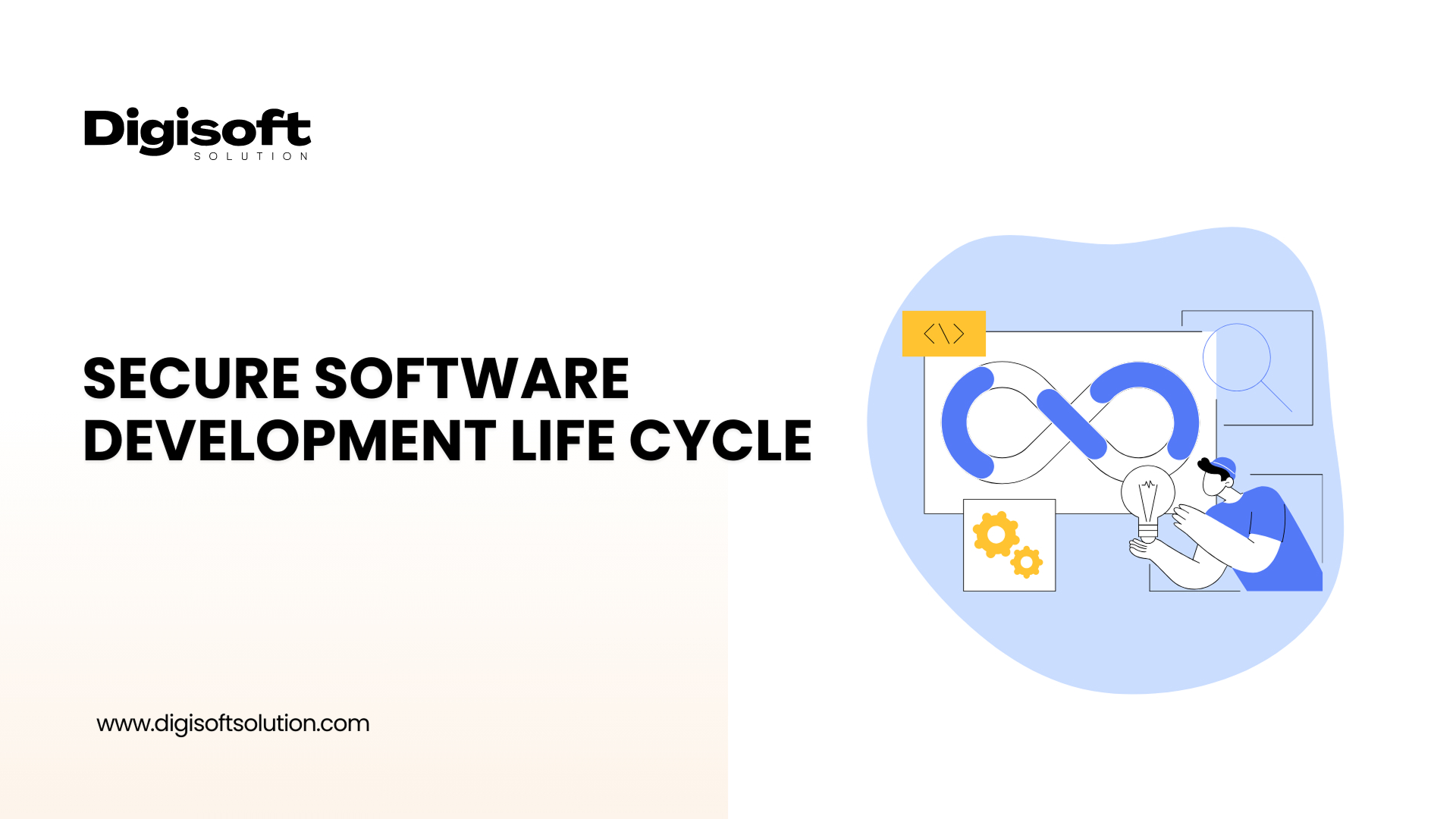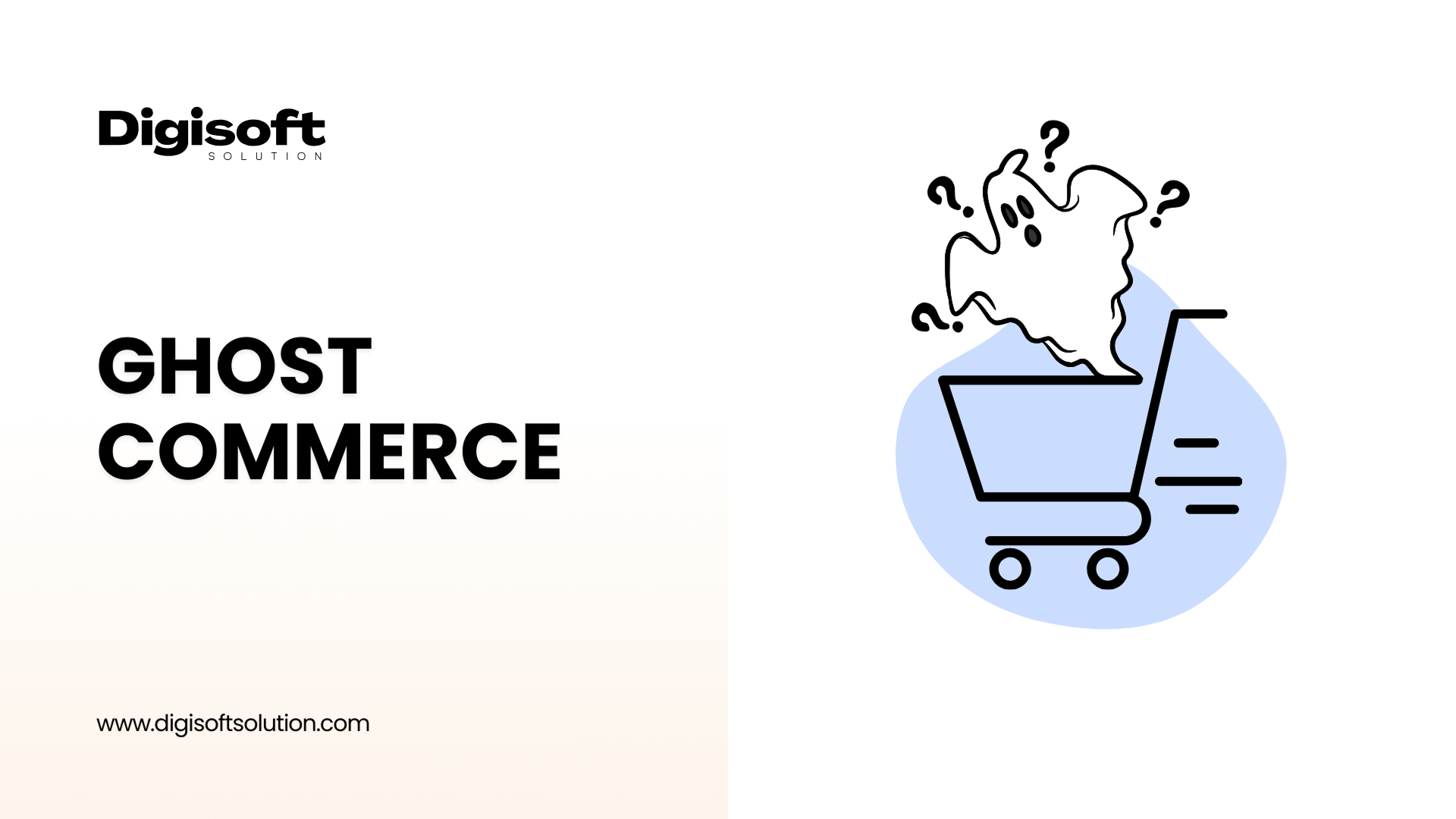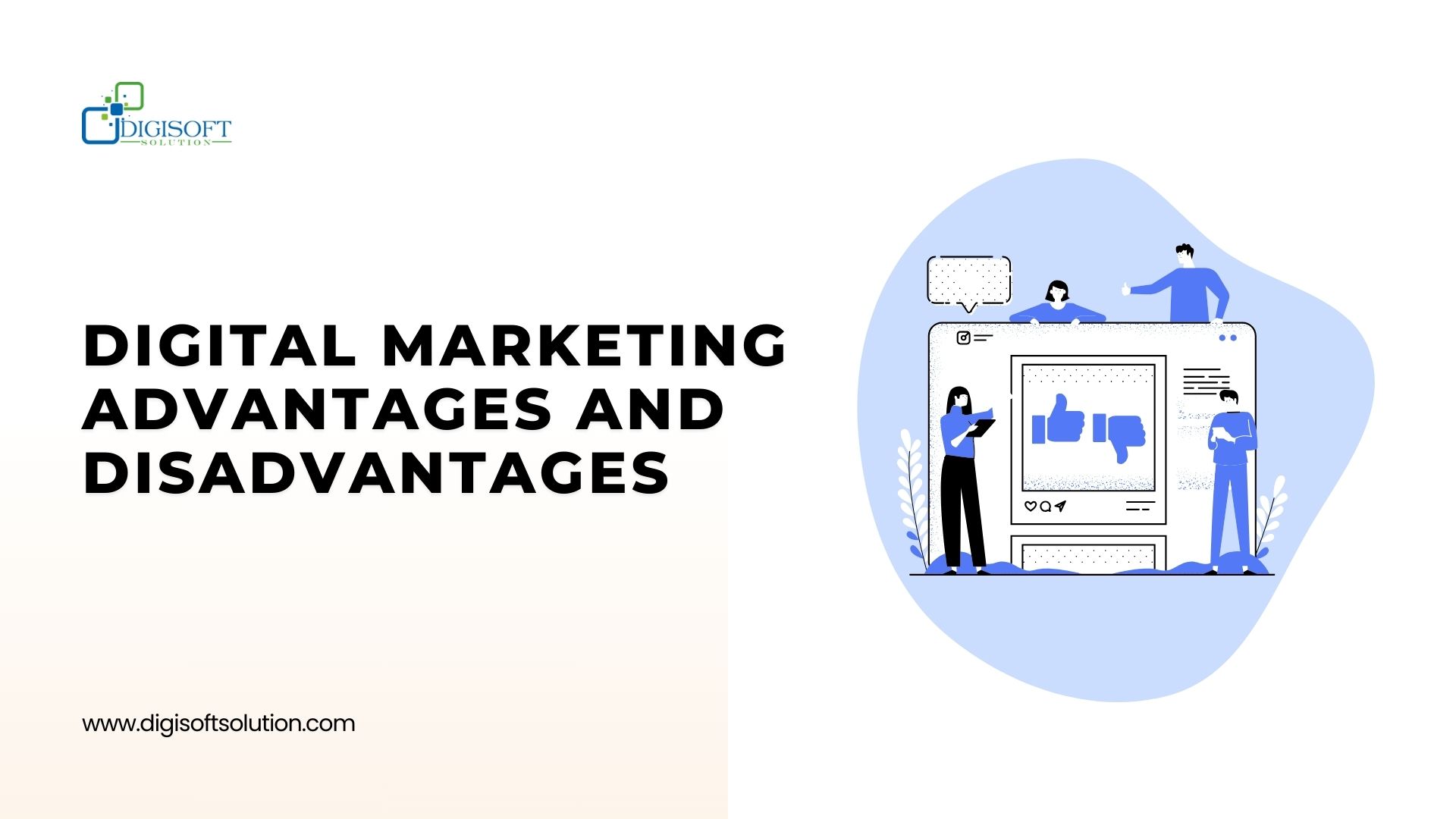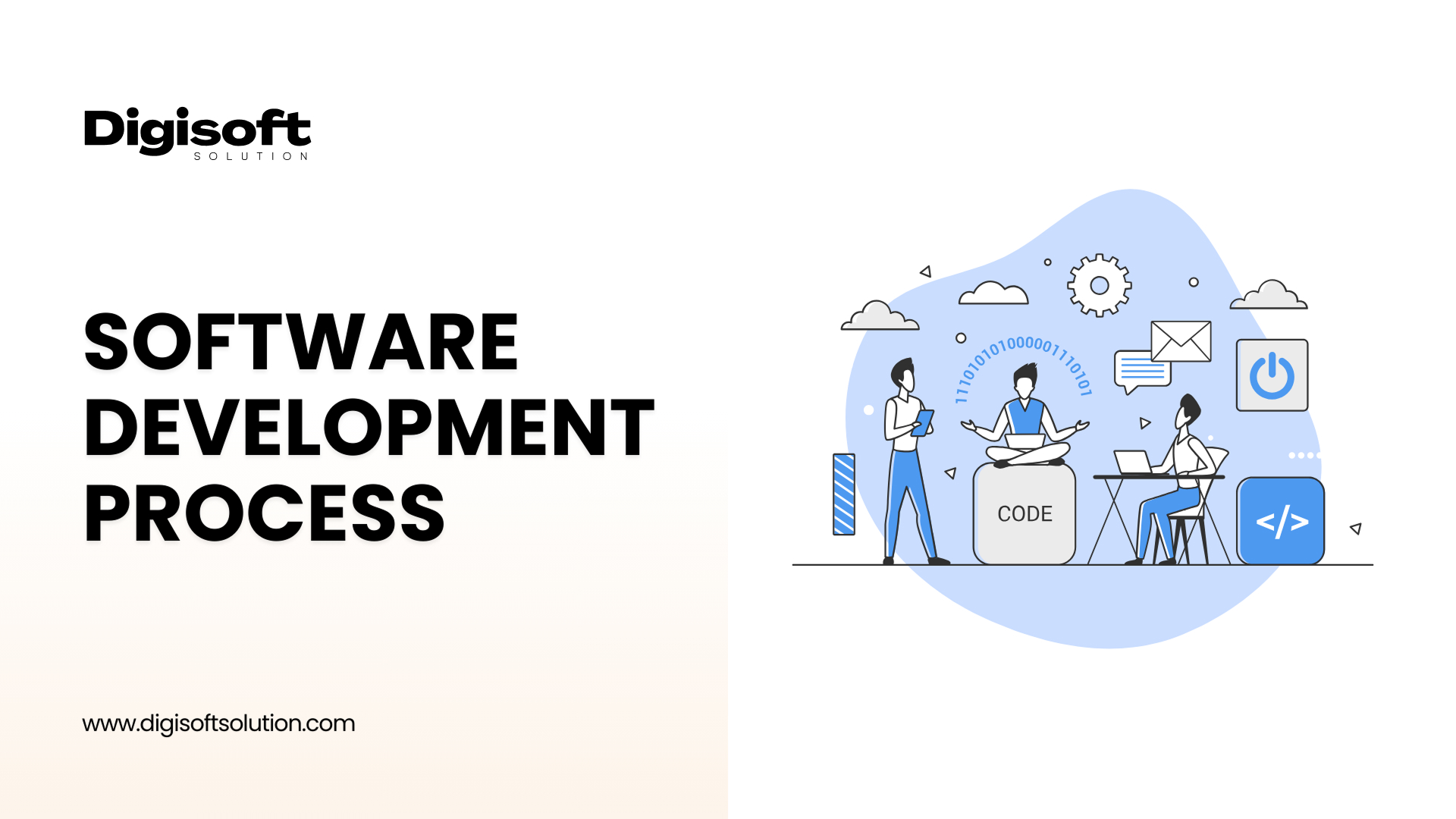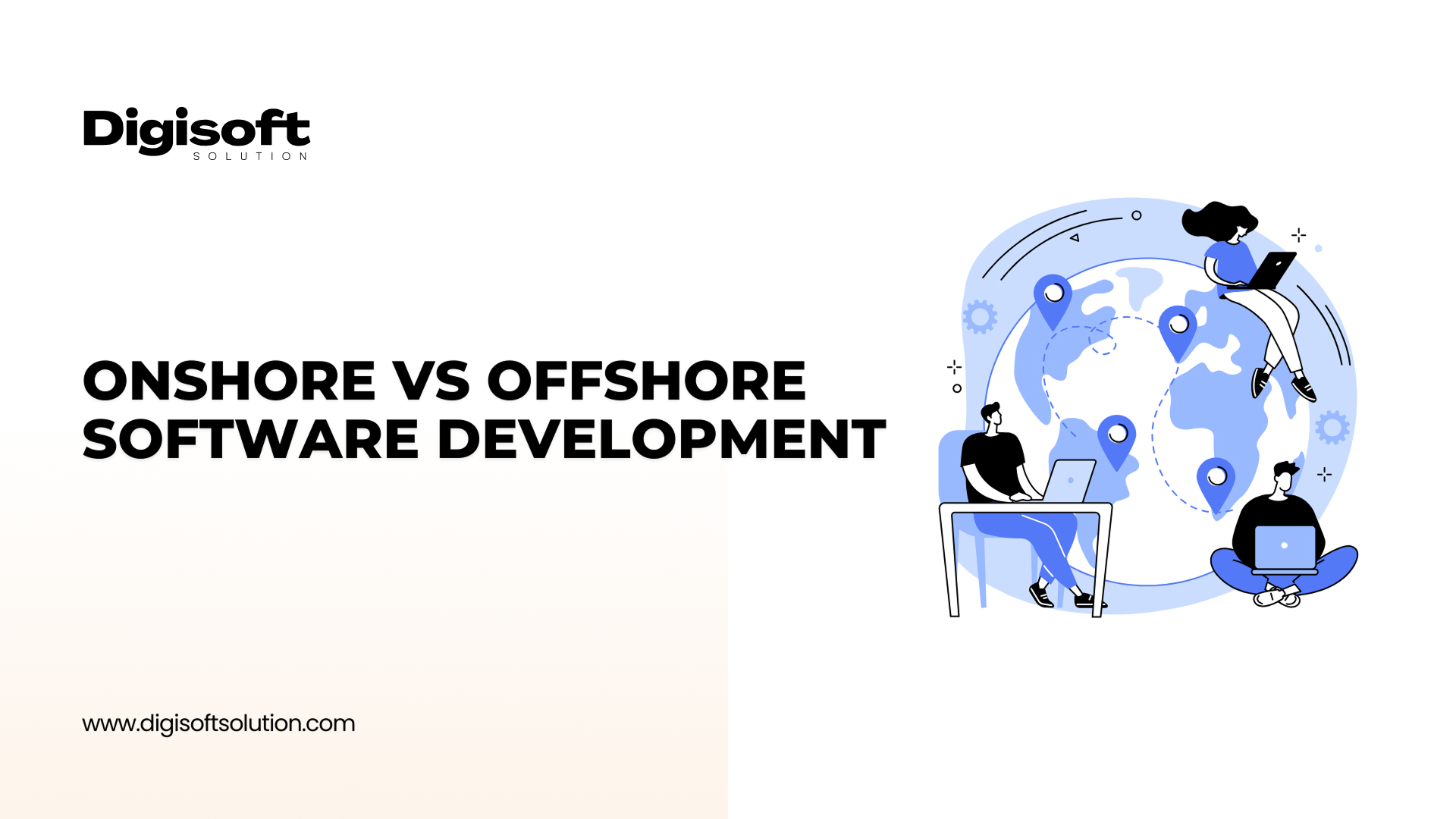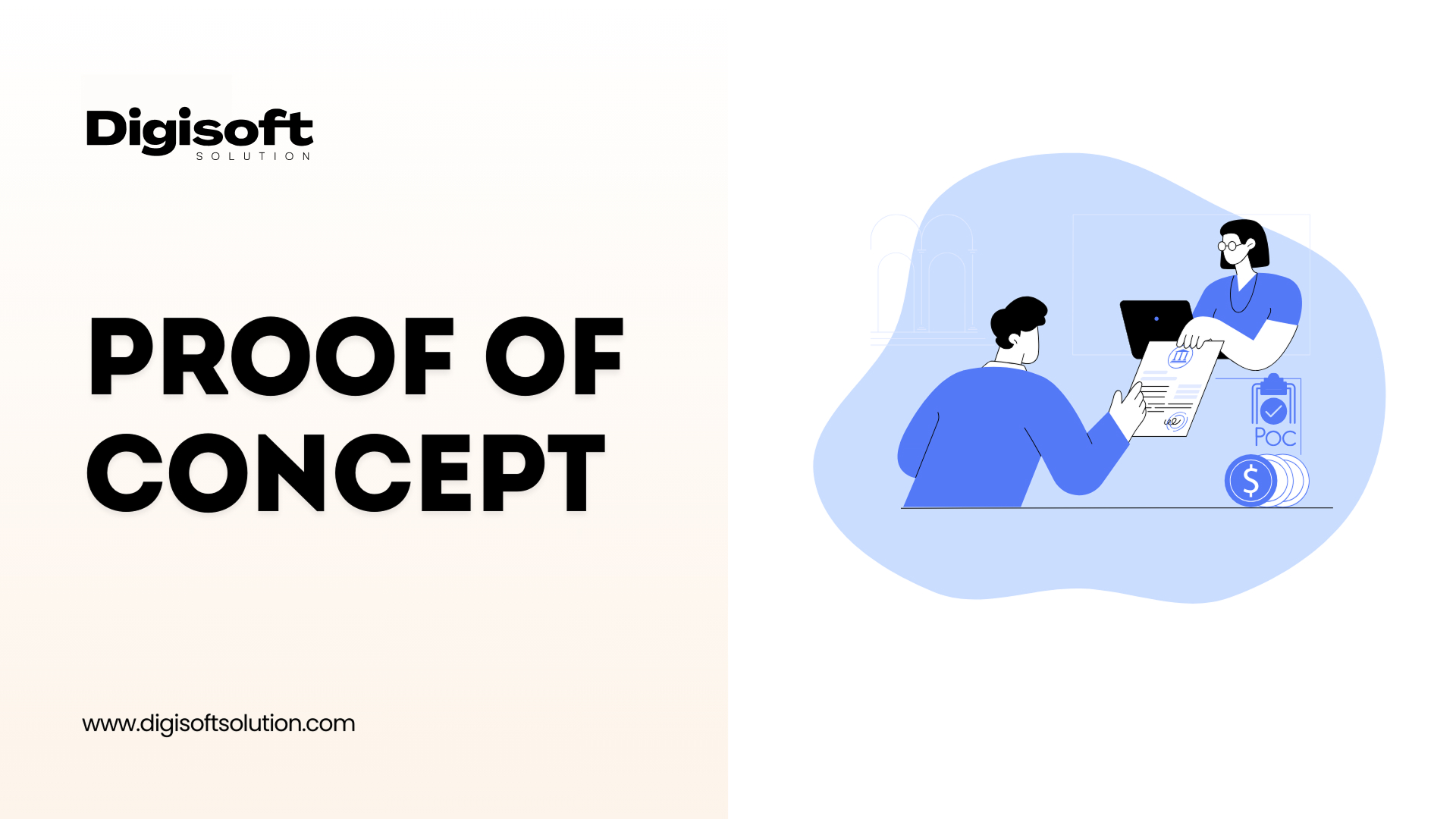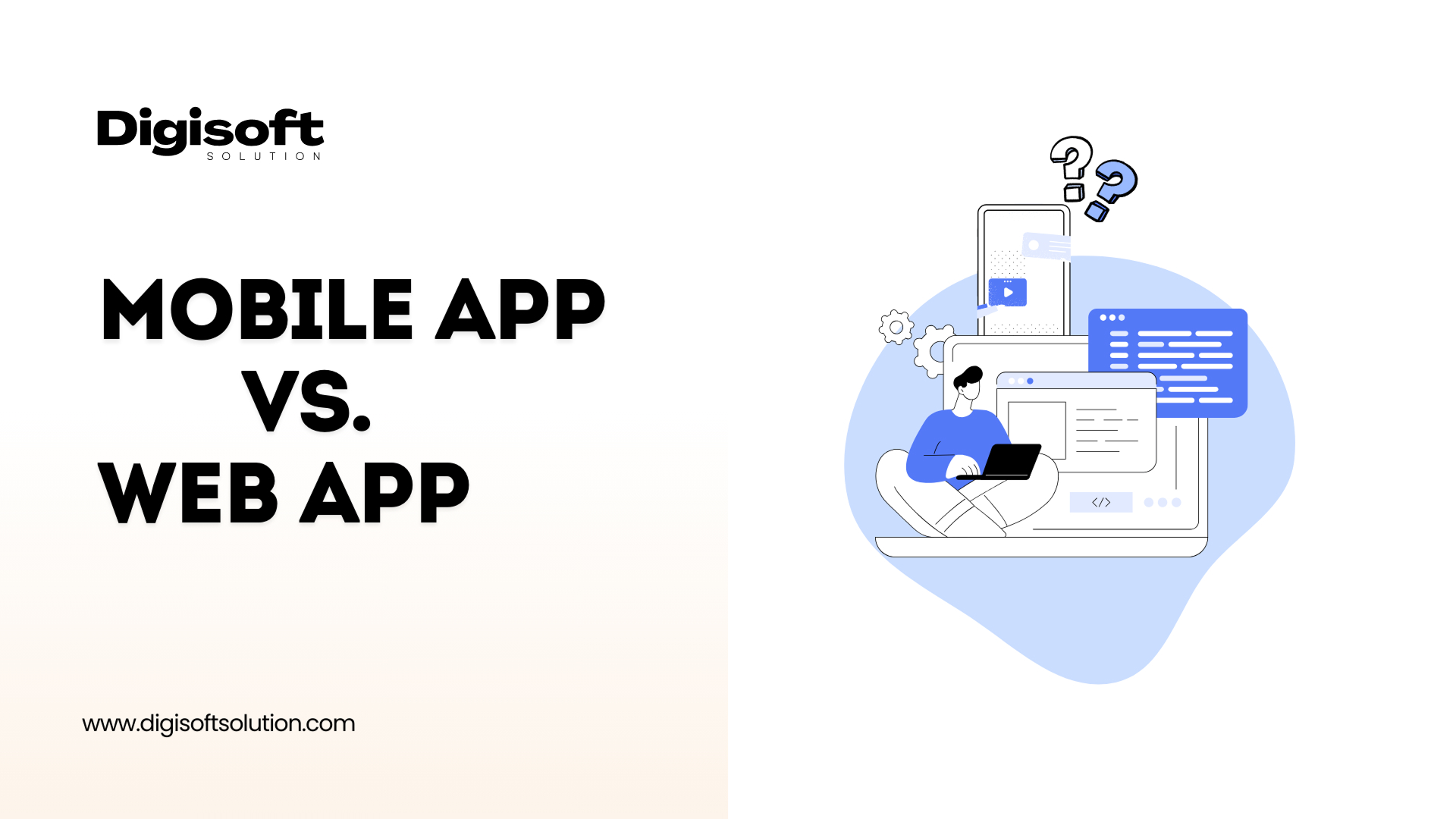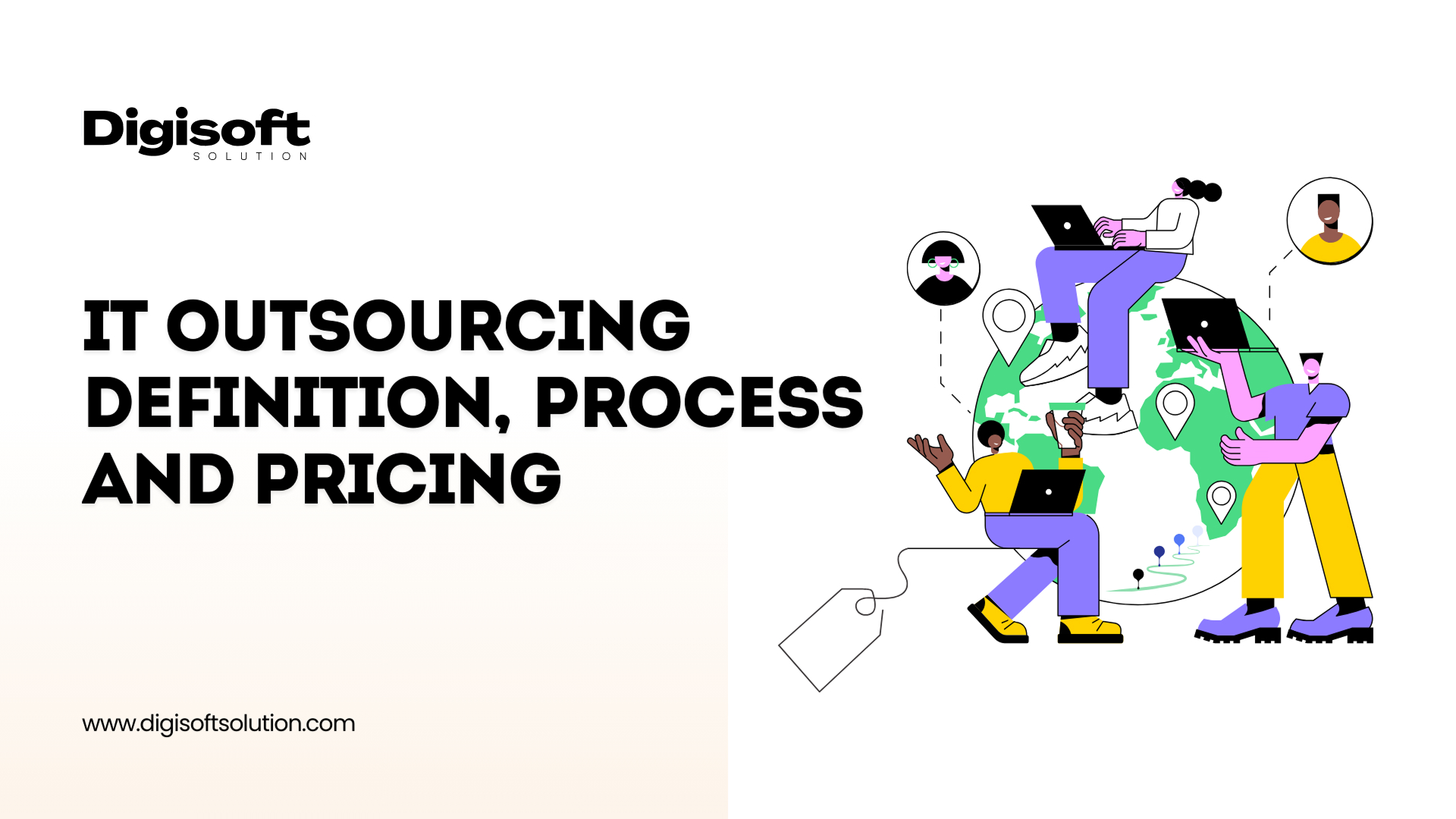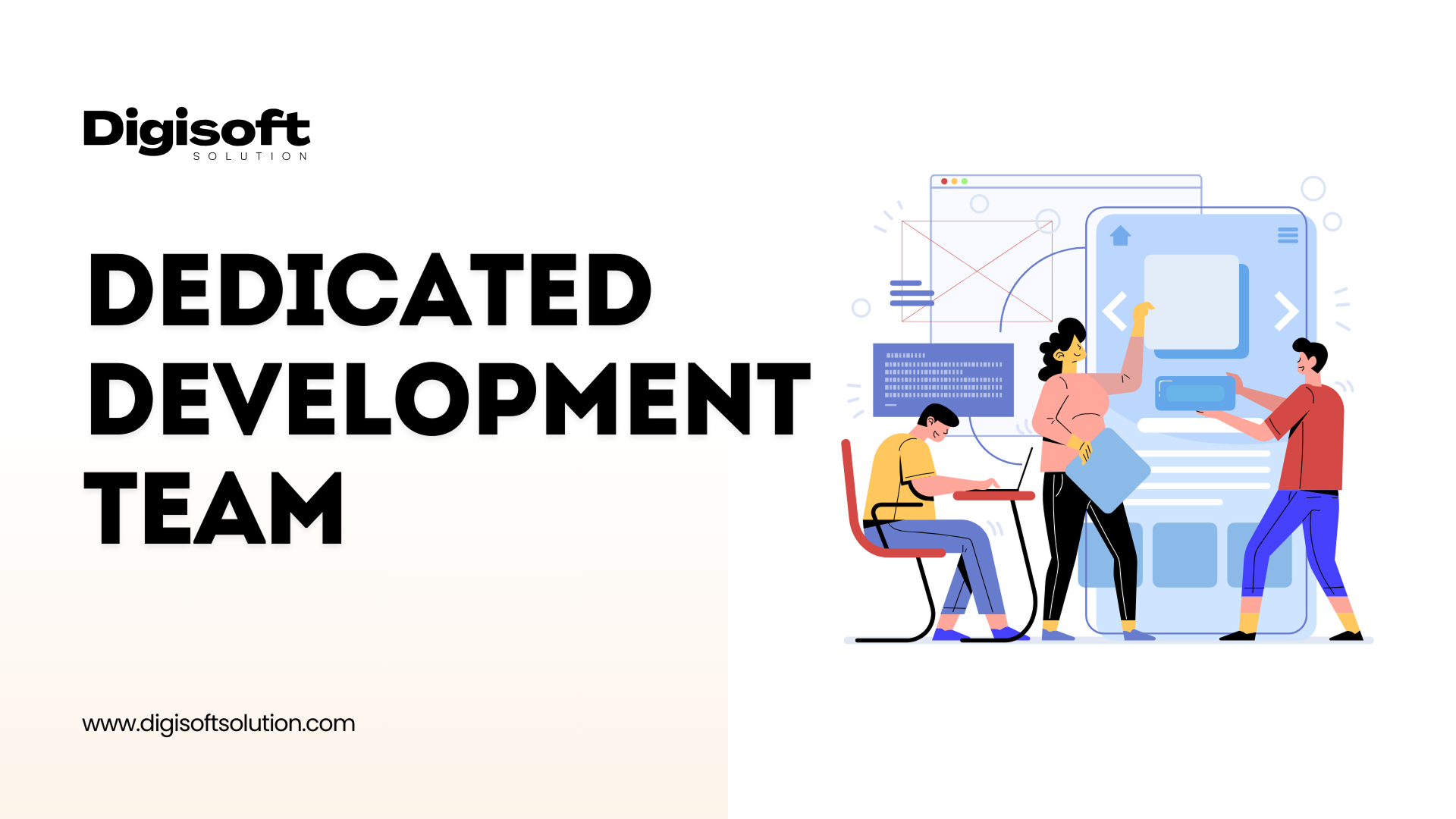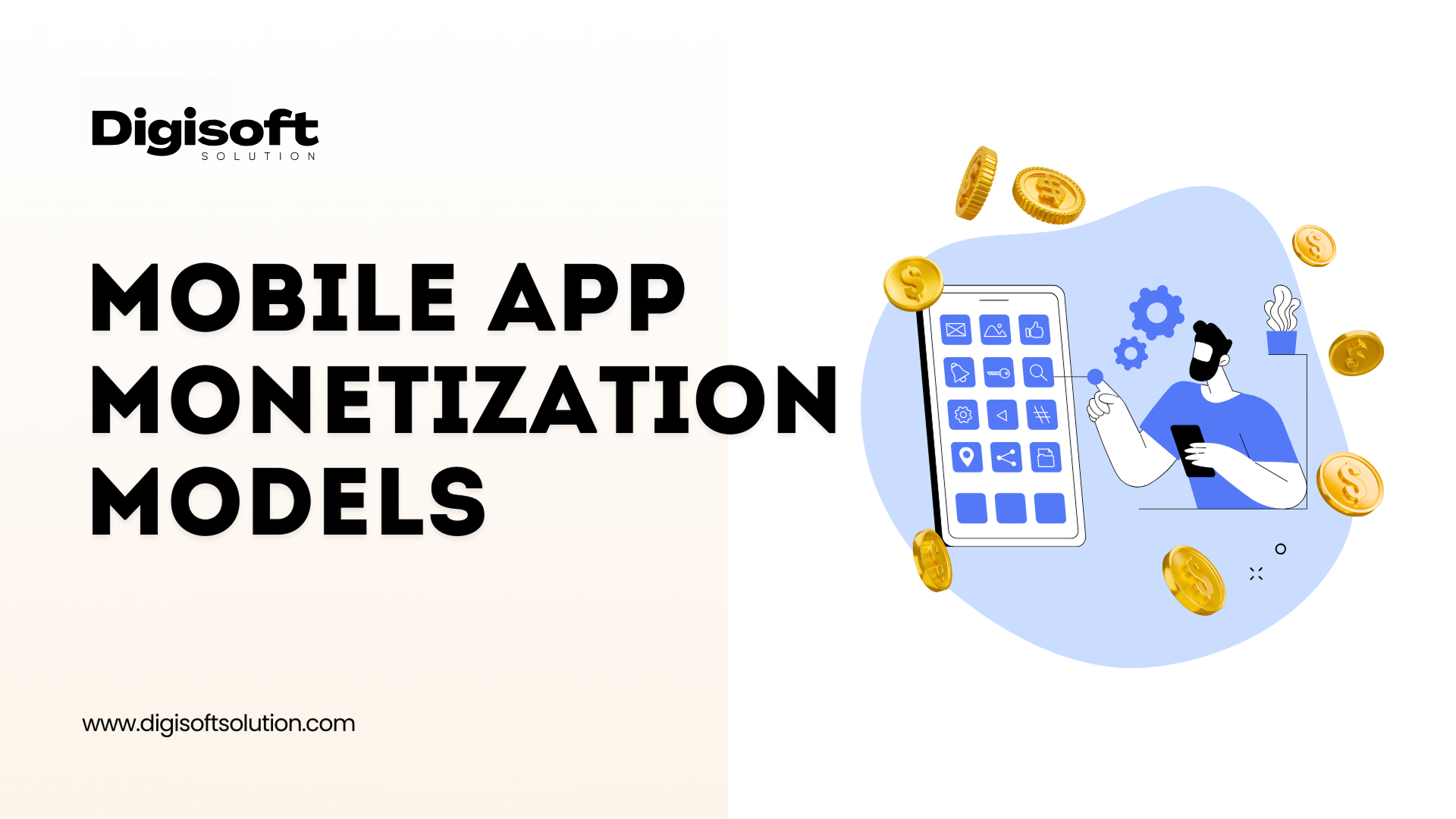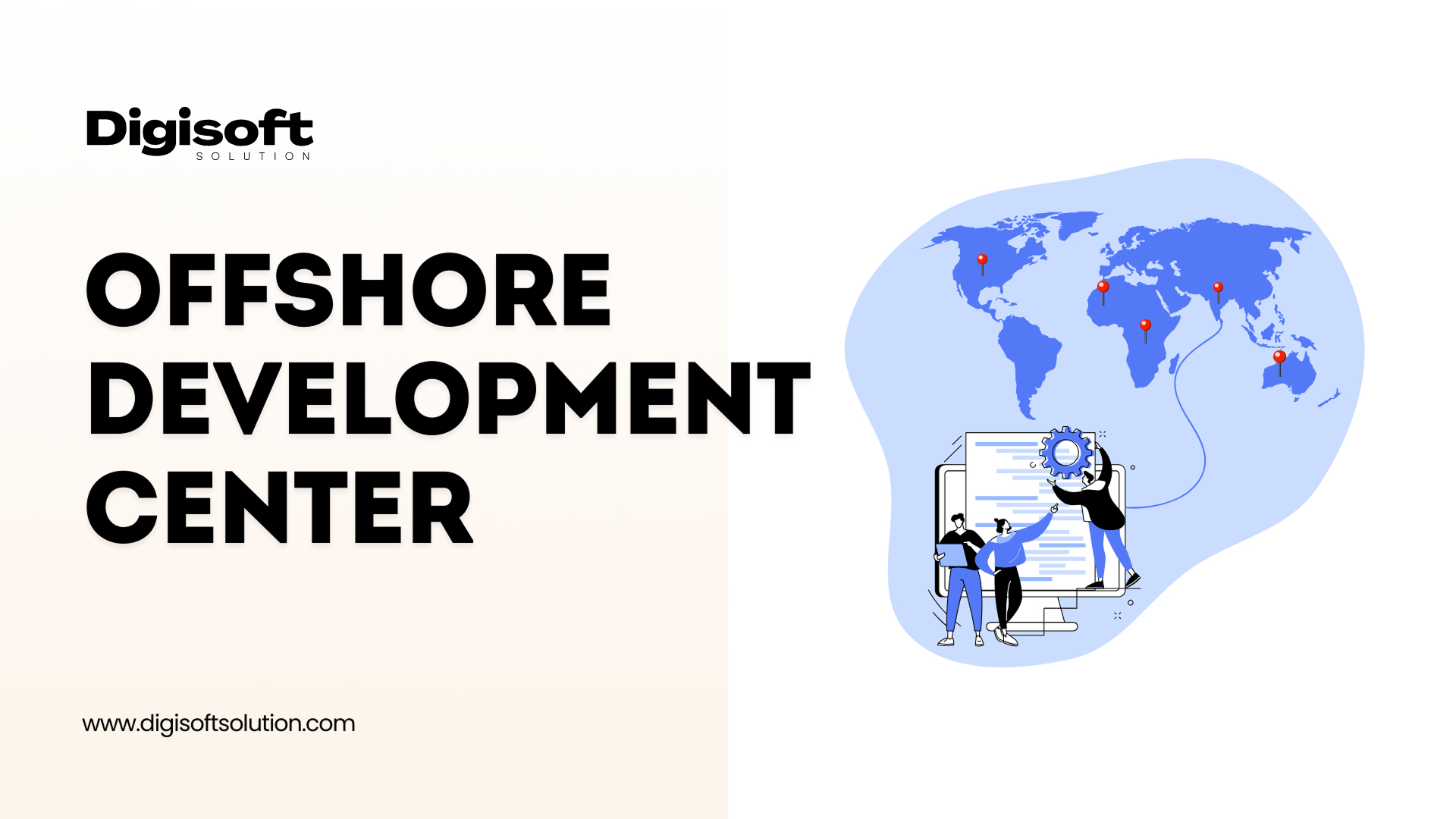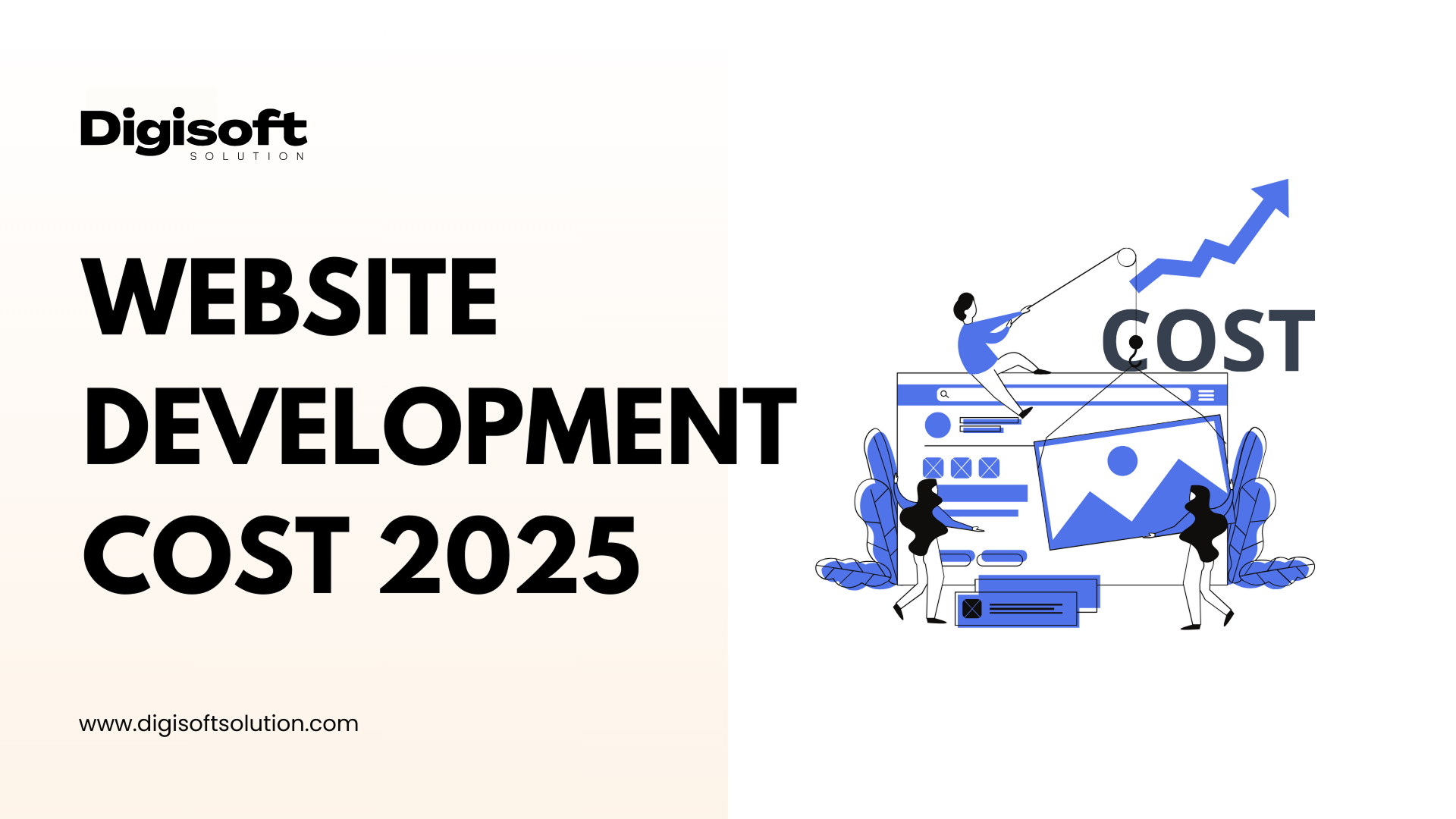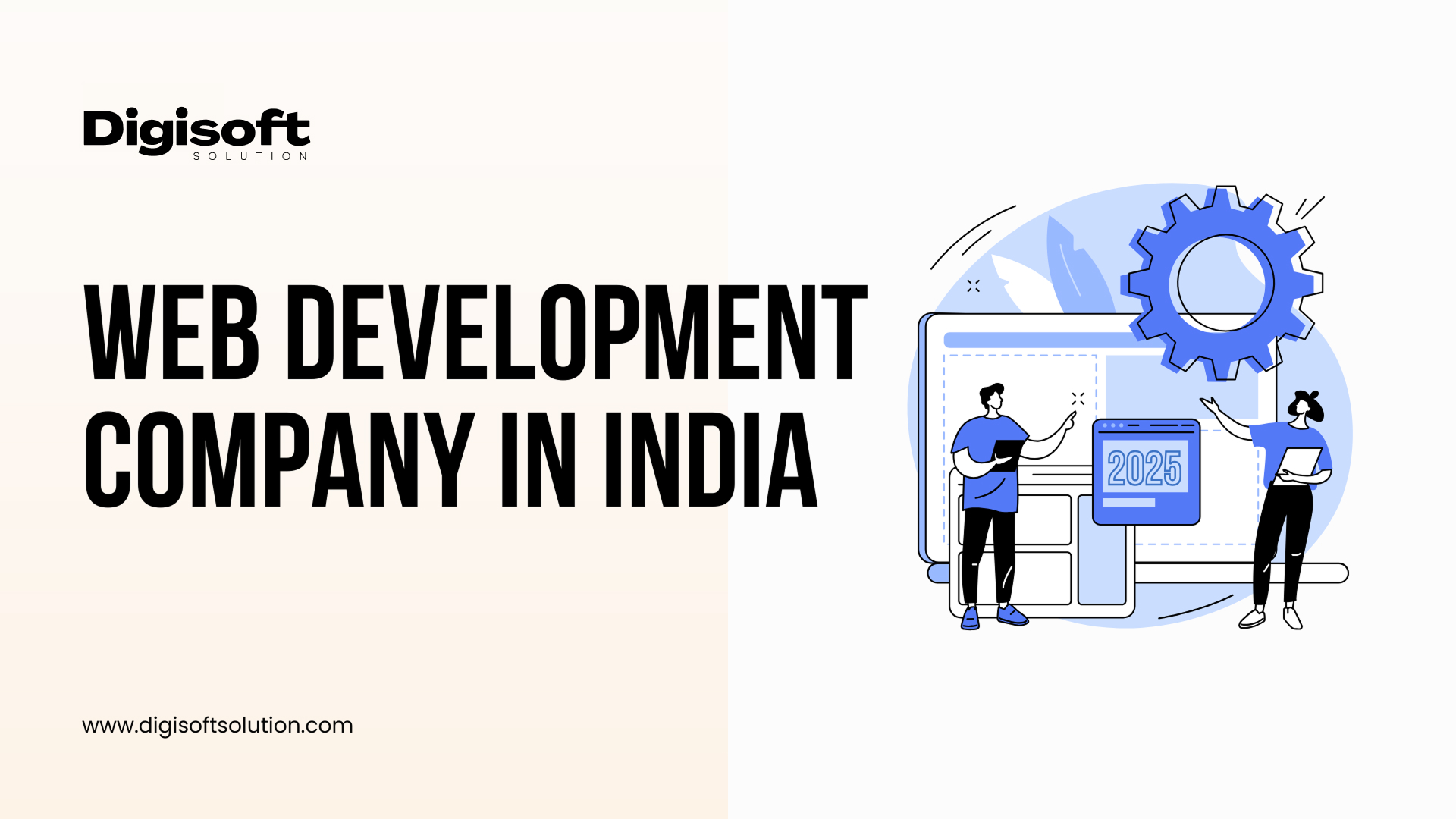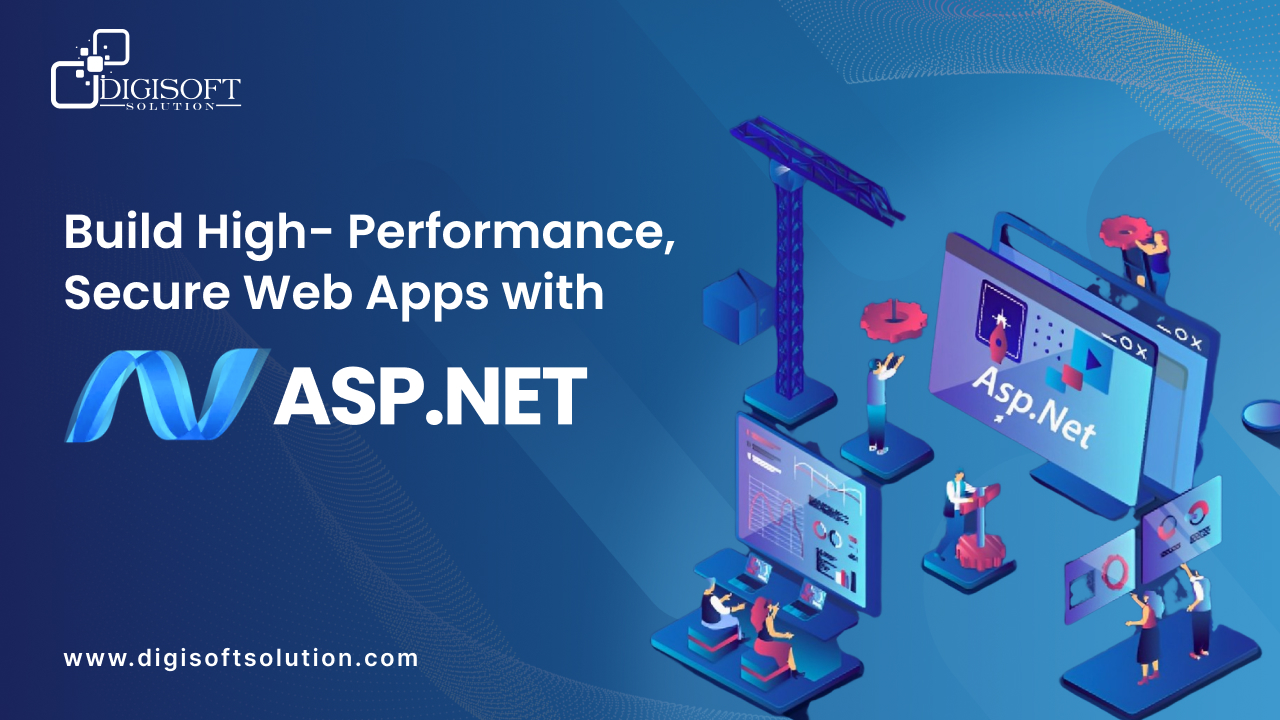Table of Content
- What is eCommerce App Development?
- Types of E-commerce Applications
- Reasons for Building an E-commerce Application
- Essential Features of E-Commerce Applications
- Step-by-Step Process for eCommerce Mobile App Development
- Technologies for High-performing and Secure eCommerce App Development
- This is how the factors affecting the eCommerce mobile app development cost:
- What Experts Recommend for Building a Secure and Future-Ready eCommerce App
- Important Factors of ECommerce Application Development
- Conclusion
Digital Transform with Us
Please feel free to share your thoughts and we can discuss it over a cup of coffee.
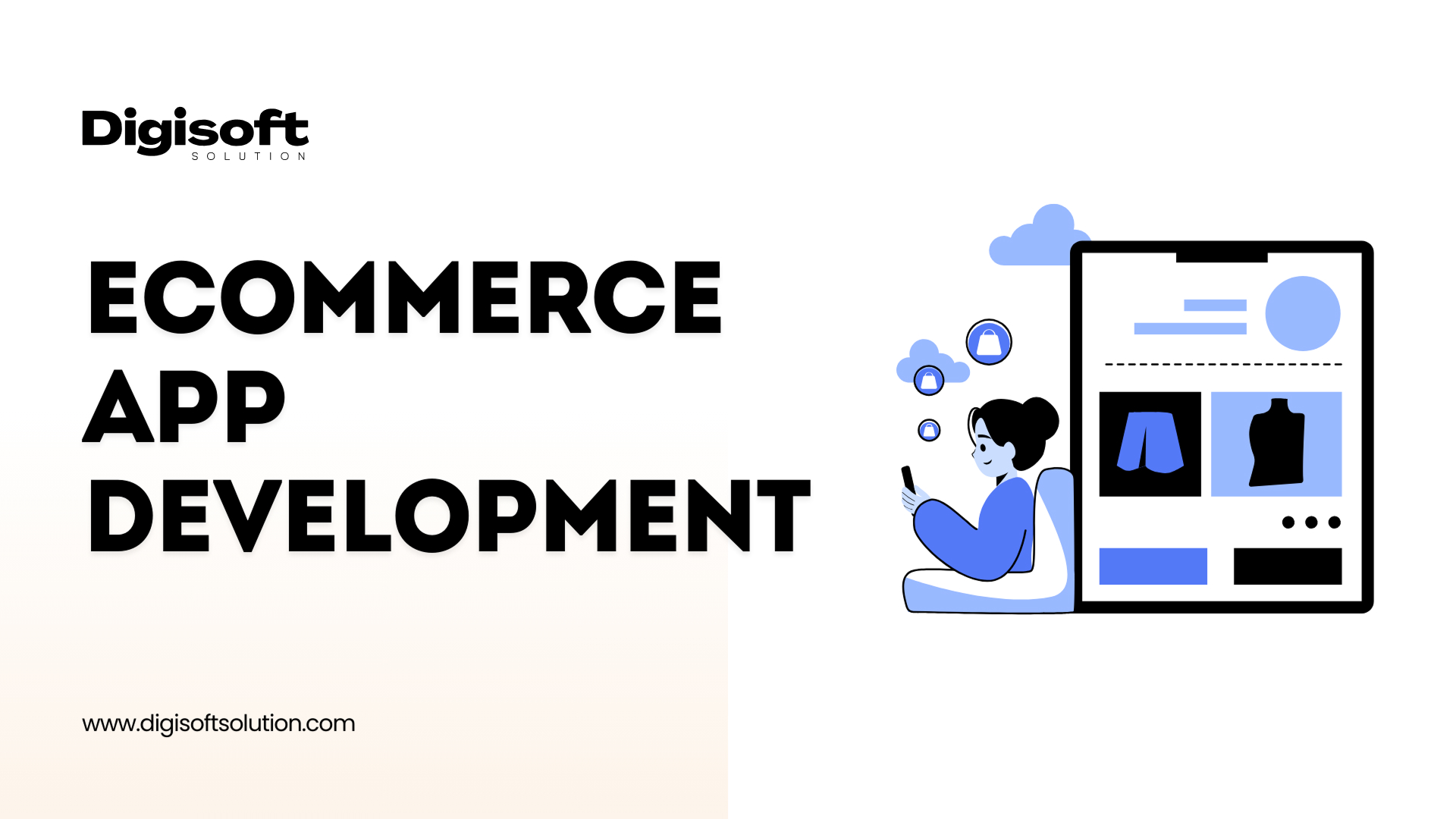
At the same time, e-commerce application development companies provide easy channels to reach out to target consumers through digital means. Admittedly, indeed, for both existing businesses and startups, mobile applications have become a need rather than a choice
E-commerce app development companies provide you with an avant-grade solution customized for your business. The following sections are a detailed study of the eCommerce app development process in 2025, its benefits, challenges, and top features.
What is eCommerce App Development?
eCommerce applications are applications that facilitate buying and selling activities in the form of digital transactions. Such applications are like marketplaces where all customers can enter their mobile phones or mobile devices and discover an application that allows business practicality to showcase their offerings and users to view, compare and purchase things or services accessible from anywhere.
Essentially, these applications function as virtual stores, but in addition, they are excellent for budding companies in promoting their market reach, customer engagement, and improving worldwide sales. The increasing interest in e-commerce mobile app development signifies a shift toward the digitalization of transactions and speaks volumes about how consumers are commencing up with new habits in their dealings with businesses.
Types of E-commerce Applications
- B2B (Business-to-Business): B2B apps have been developed primarily with the target of creating a medium for trade between businesses. These applications serve as a platform through which companies can source raw materials, services, or wholesale products from other businesses.
For instance, there’s Alibaba, which has been designed to link manufacturers, distributors, and retailers for bulk purchases. For example, Amazon Business offers companies a solution for office supplies and equipment or any other requirements in larger quantities. - B2C (Business-to-Consumer): Such B2C apps connect businesses directly with individual consumers who want to enjoy the entire customer experience without losing the benefits of direct-to-consumer online shopping. Typically, they will be designed for user convenience, even in the case of individual shoppers.
Amazon and Walmart serve as good examples of how consumers can browse, compare, and purchase. Even to the likes of Domino’s such applications provide services that allow users to experience food delivery ordering and tracking capabilities, which contribute to fulfilling the customer experience.
- C2C (Consumer-to-Consumer): C2C applications are those that engage people by selling items or services while one is selling goods or services to other customers who may use the applications. They can provide classified advertisements, listings, or auctions.
An example is OLX and Craigslist, which allow clients to post ads for items they sell, whereas eBay acts as an auction for items that can be sold via bidding, creating an environment that allows for online commerce. - C2B (Consumer-to-Business): C2B applications bring the traditional business model back to how consumers provide goods or services to businesses while also integrating e-commerce features into such applications. These consumers are often freelancers or creative people.
For example, iStock helps photographers or artists sell their work to businesses while GifHub serves as a ground for project builders to work with companies. In the same way, Clutch services businesses and companies seeking particular services or solutions.
Reasons for Building an E-commerce Application
The benefits of an eCommerce app developing services are among the greatest incentives for businesses to invest in this development. Some of the major advantages include:
- Enhanced Brand Recognition: Mobile apps increase brand visibility and help create customers because they are a more convenient shopping medium.
- Improved User Experience: Faster download and responsive interface as compared to websites provide better experience for customers.
- Personalized Communication: Use push notifications to send personalized offers and news to customers to improve engagement and retention.
- Advanced User Analytics: Actionable insights about customers’ behavior and preferences allow a company to improve its offerings.
- Increased Conversion: Simplified access and individualized experiences lead to quicker purchases and increased sales.
- Diminished Long-Term Costs: A robust eCommerce app minimizes operational inefficiencies and cuts costs over time.
Essential Features of E-Commerce Applications
Having these features will make your app more user-friendly and significantly drive the growth of your business:
- Order Processing
- Inventory Management
- Shipping and Order Tracking
- Shopping Cart
- Client Management
- User Registration and Login
- Data Analytics
- Social Media Integration
- Push and Popup Notifications
- Multiple Payment Options
- One-Page Checkout
- Cart Abandonment Recovery
Step-by-Step Process for eCommerce Mobile App Development
Strategic planning is vital for a successful app. Here is a step-by-step guideline for eCommerce mobile app development:
- Research: App Building needs a thorough competitor analysis along with an extensive user research to ascertain what your audience really prefers and how they behave. This is important as it really ensures that your app does stand out and provides a perfect match with what they really want.
- Goal Setting: Such objectives must be stated as: “What problem does the Mobile App solve? Who is the audience?” Then, “How will the success of the application be measured?” Such goal-setting forms the base for an extremely focused software development process.
- Choose the right platform: Selecting an iOS application, Android application, or cross-platform application totally entirely depends on what most people prefer and what is the market research result in regard to your app. Choosing a platform makes it easier for the app to be used.
- List of Features: An inventory of must-have features and their functionalities must be framed in conjunction with the business goals. Some of them may be user authentication, payment integration, product classification, real-time notifications, etc.
- Design UI/UX: Develop a layout that is intuitive and visually appealing, which enhances the users’ engagement levels. A smooth UI/UX design ensures users maneuver through your application with as little hassle as possible, thereby increasing satisfaction and retention.
- Create MVP: You must design a basic replica of the app in order to test its core functionalities and give room for acquiring feedback. An MVP offers the chance to validate your idea and spot possible failings as early as possible.
- Feedback Collection: Harnessed from the feedback from early adopters, enhancements could be made to the application’s features and design. Gathering of feedback allows the evolution of the application to meet user expectations effectively.
- Iterate and Improve: Continuously update the application based on the feedback and trends in the market. The app will remain relevant and competitive and regularly update.
Technologies for High-performing and Secure eCommerce App Development
Adapting the latest technologies in an assurance that your eCommerce app will perform well and provide exceptional security features. Here are the most important technologies for the enhancement of your app:
- Artificial Intelligence and Machine Learning: Apart from the user experience, an eCommerce site should include an intelligent assistant. The app should suggest products based on the customer’s preferences and answer online queries instantly using an AI-powered chat feature. It should also provide complete real time suggestions to assist in optimizing inventory operations and marketing programs.
- Augmented Reality: The customer gets to experience the product in real life by literally buying into it in most stores. For example, users can try on clothes or place furniture in their room virtually, helping them feel more confident about their purchases.
- A Unique Quality: Blockchain ensures secure transactions and transparency with tamper-proof ledgers. It is especially useful for managing cryptocurrencies and building trust in financial processes.
- Cloud Computing: Cloud technology provides scalability and reliability with strong storage solutions and seamless access to data in adopting real-time. Expenses on infrastructure are also reduced while consolidating processing.
- Progressive Web Apps: PWAs combine web and mobile app features. They are fast, work offline, don’t require app store downloads, and feel like regular apps.
- Secure Payment Gateways: The app integrates with advanced payment gateways like PayPal, Stripe, or Apple Pay to ensure smooth transactions. These gateways also include fraud detection features to keep users safe.
These technologies help create apps that are highly secure and perform better than others in eCommerce. This ensures success in a highly competitive digital marketplace.
ECommerce App Development Issues
While there’s no denying that an eCommerce app is in itself amazing, there equally occurs a lot of challenges associated with it such as:
- Operational Flips Flops: The key to avoiding any crash or downtime is running regular updates and tests.
- Supply Chain Breaks: Make real-time inventory update information in order to prevent order delays and cancellations.
- Management of Data Security Risks: Implement protection and related security measures such as encryption and secure payment gateways.
- Technological Lag: Staying ahead with the latest trends in technology like artificial intelligence and augmented reality may add to the betterment of user experience.
This is how the factors affecting the eCommerce mobile app development cost:
- Conceptualization: Research and planning can range from as low as $99 to as high as $199.
- UI/UX Designing: The cost of designing a well-crafted application ranges between $499 and $999.
- App Development: A simple type app can cost as little as $999, while a rather complex app may cost between $999 and $9,999.
- Testing and Deployment: Allocate 12-13% of the budget to testing, ranging from $99 to $199 in cost.
What Experts Recommend for Building a Secure and Future-Ready eCommerce App
In today’s digital world so much beyond being functional e-commerce apps should ideally ensure solid security and innovation to be able to stand in competition. With global eCommerce sales anticipated to soar up to $8.1 trillion in 2026, the challenge is even tougher. Here is what the experts have to say:
- Systems for data security: Making sure the application would be equipped with all AI-enabled security features and mass automation to protect customer data from dangers of cyber threats such as phishing and credential pot or have limited access by the trespassers.
- Advanced Technologies Include: AI, machine learning, or AR enhance user experience, operations efficiency, or personalized shopping journeys.
- Customer Centricity: Build an intuitive, responsive and user-friendly application design suited to the needs and preferences of the target customers.
- Become Trend Aware: Keep observing eCommerce trends and have features like real-time inventory tracking, multi-currency support, and flexible payment facilities to remain competitive.
Thus, it makes these expert-approved strategies applicable to building sustainable eCommerce apps securing more threats to the digital marketing world.
Important Factors of ECommerce Application Development
- Data Security: Secure sensitive and personal user information behind strong walls.
- Adaptability: Scale the app easily with growing users, when demand quickly rises.
- Reliability: Build the app reliable by doing regular updates and QA tests.
Conclusion
e-commerce application development is a complete game changer for businesses that want to survive ample business exports through a digital marketplace. These applications, which range from building visibility for brands to propelling sales, offer many applications for the growth of the organization. But, well-thought-out strategies and the use of advanced technology along with iteration should be in place to achieve the sought after result.
If you are ready to develop an advanced, powerful, and feature-rich app, Digisoft Solutions is the place where you can find help. As a reputable eCommerce app development company, we build customized application solutions that fetch results. Let’s make a partnership to bring your imagination to reality!
Get in touch with us now to be the first in the queue to change the journey of your business.
Digital Transform with Us
Please feel free to share your thoughts and we can discuss it over a cup of coffee.
 Parampreet Singh
Parampreet Singh
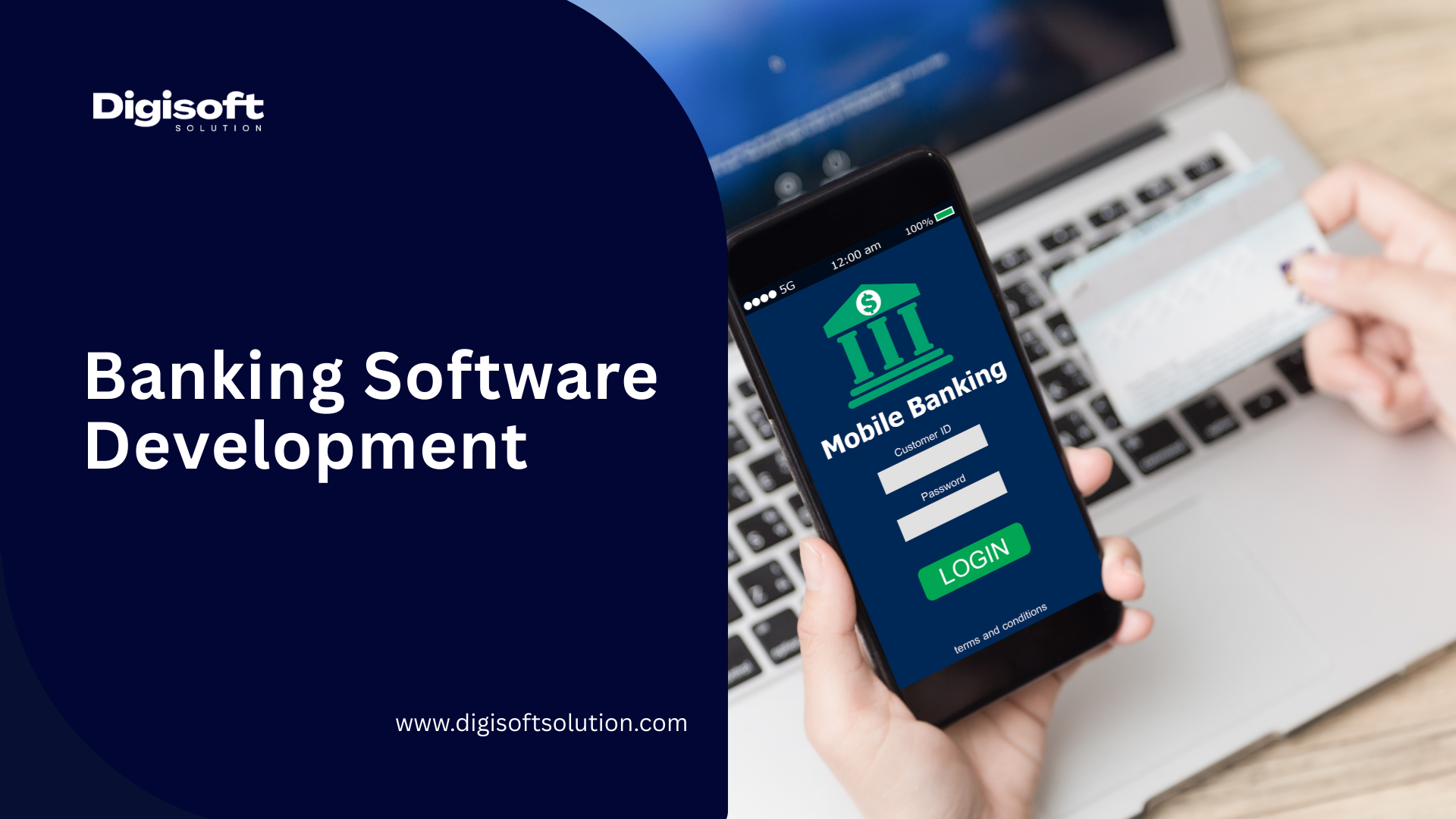



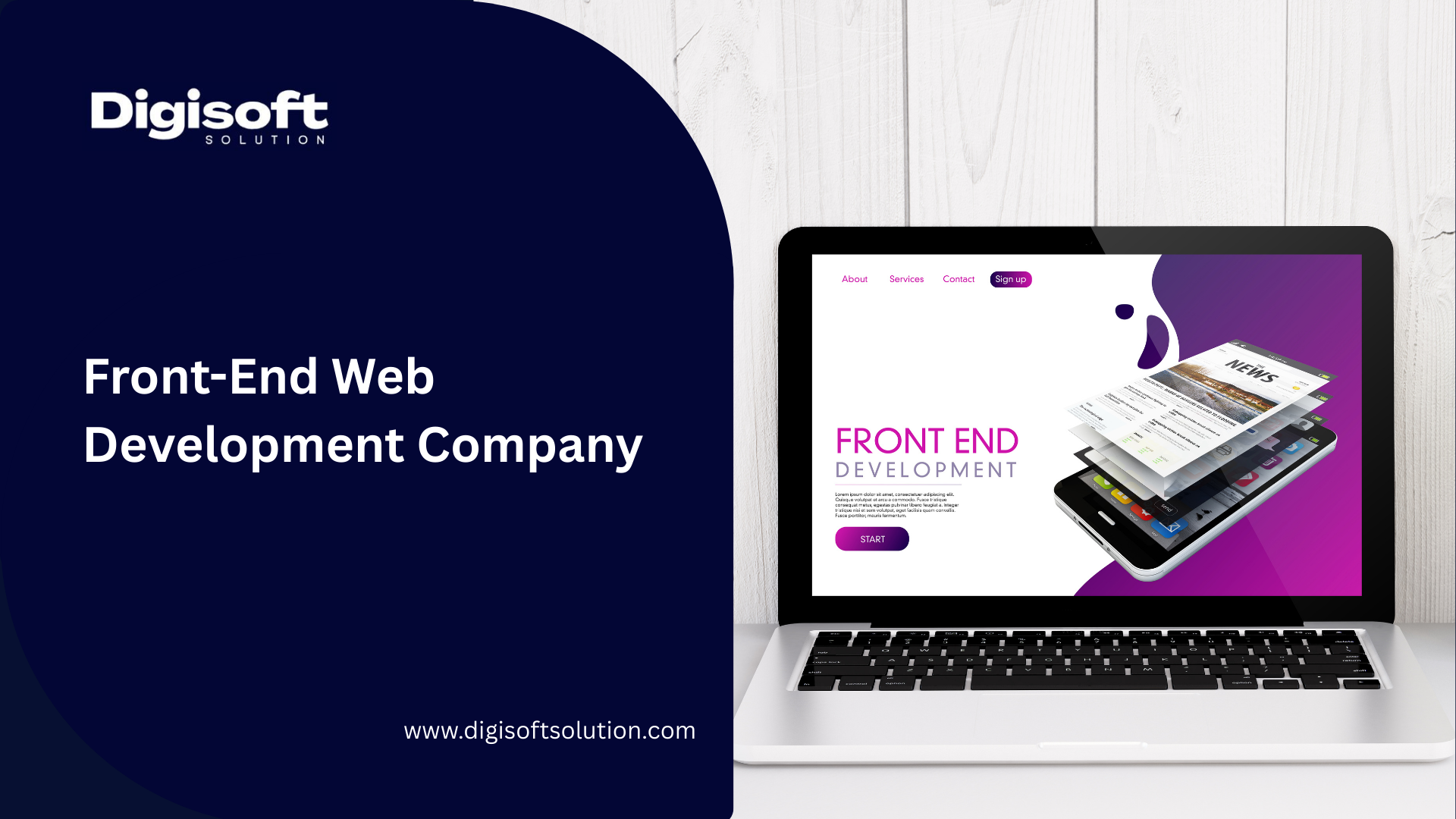



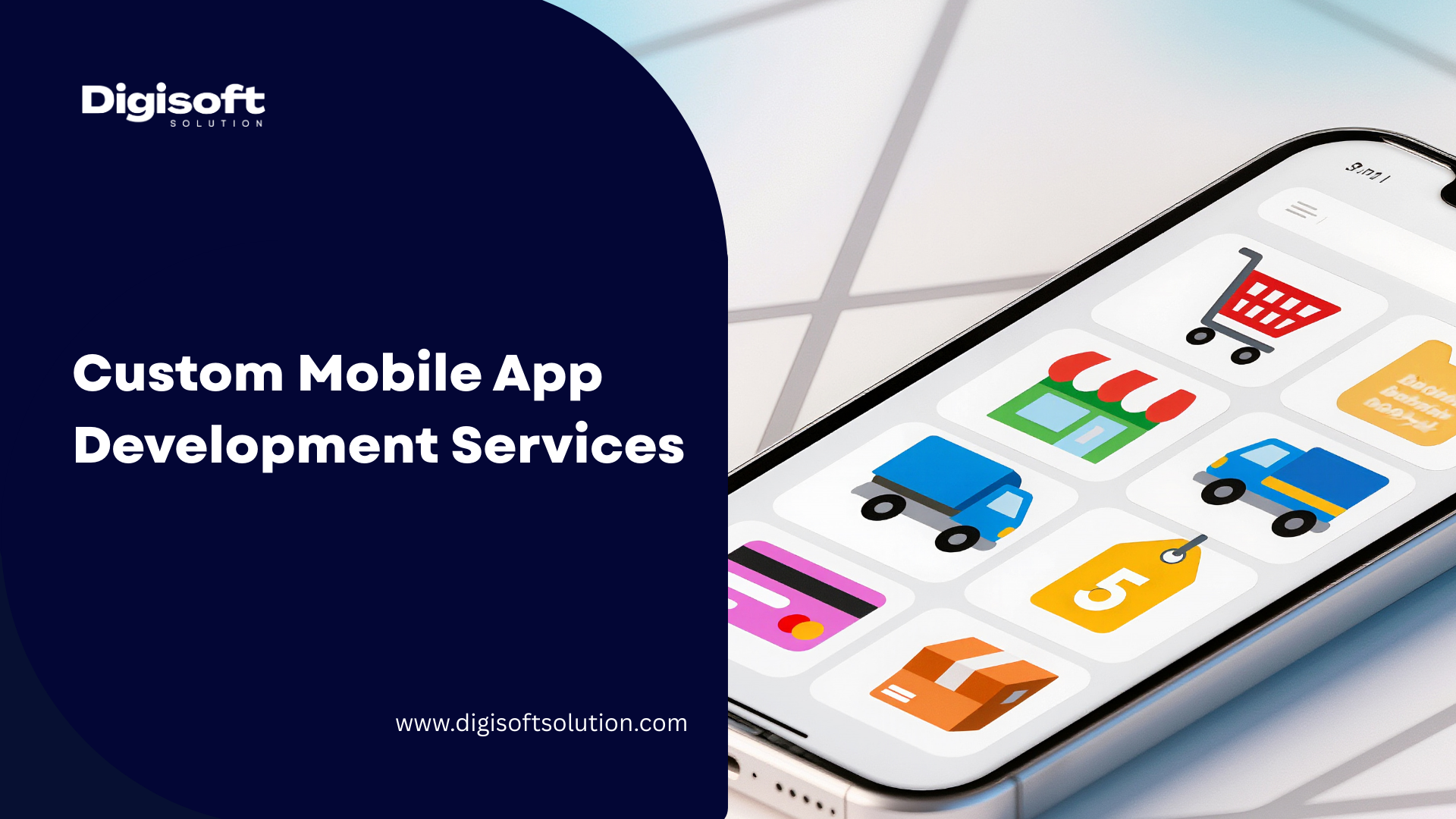


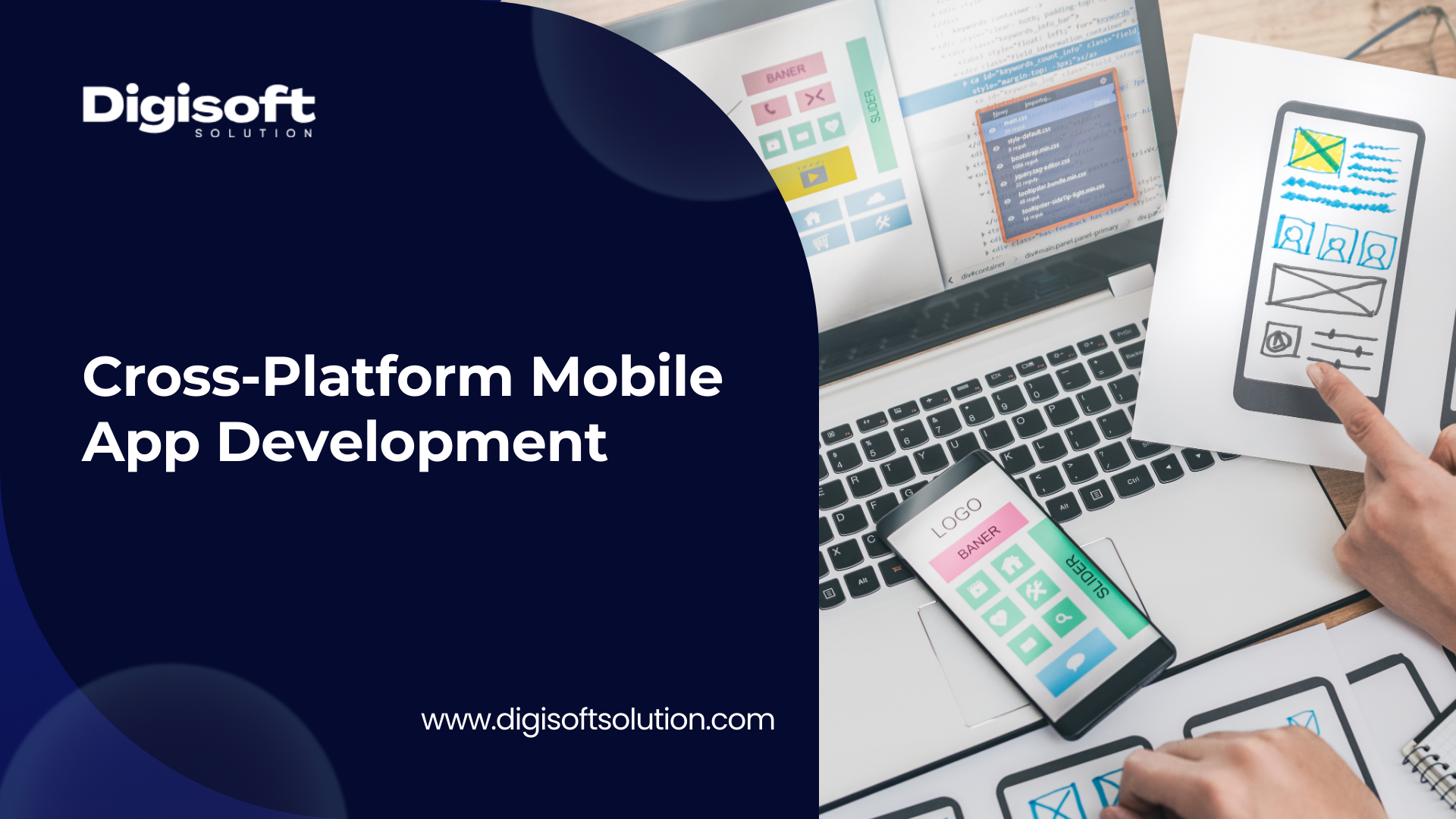
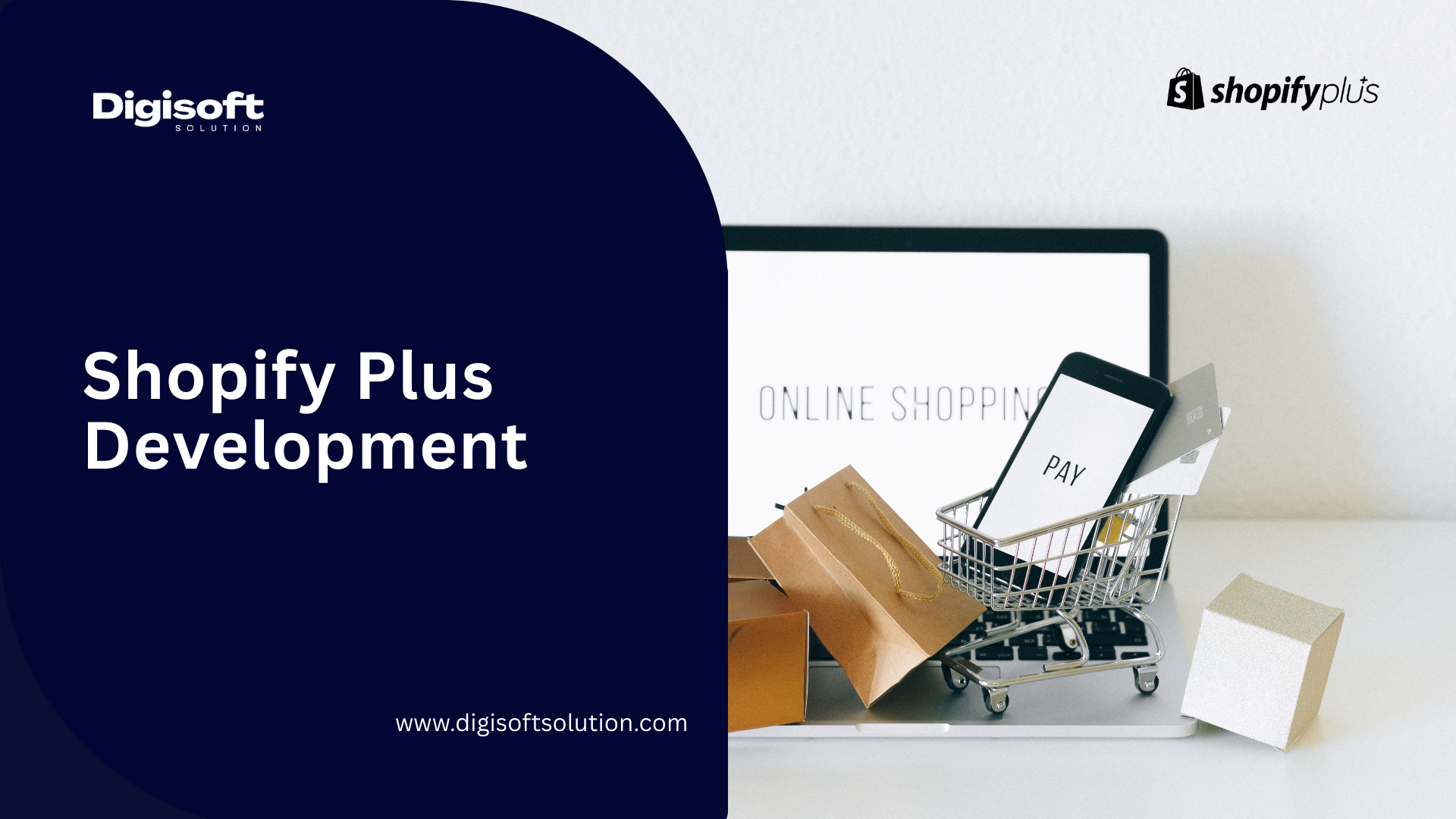














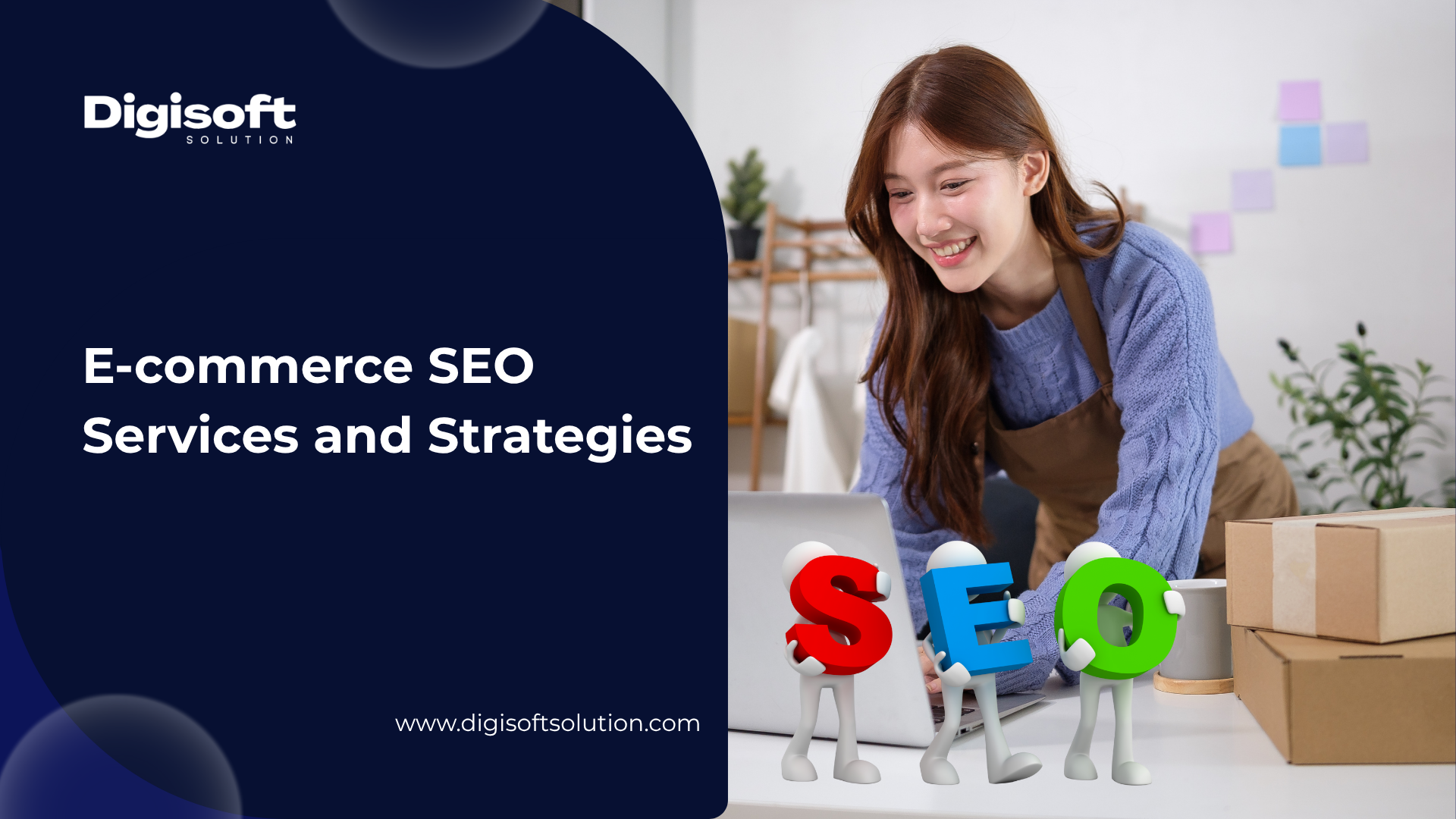

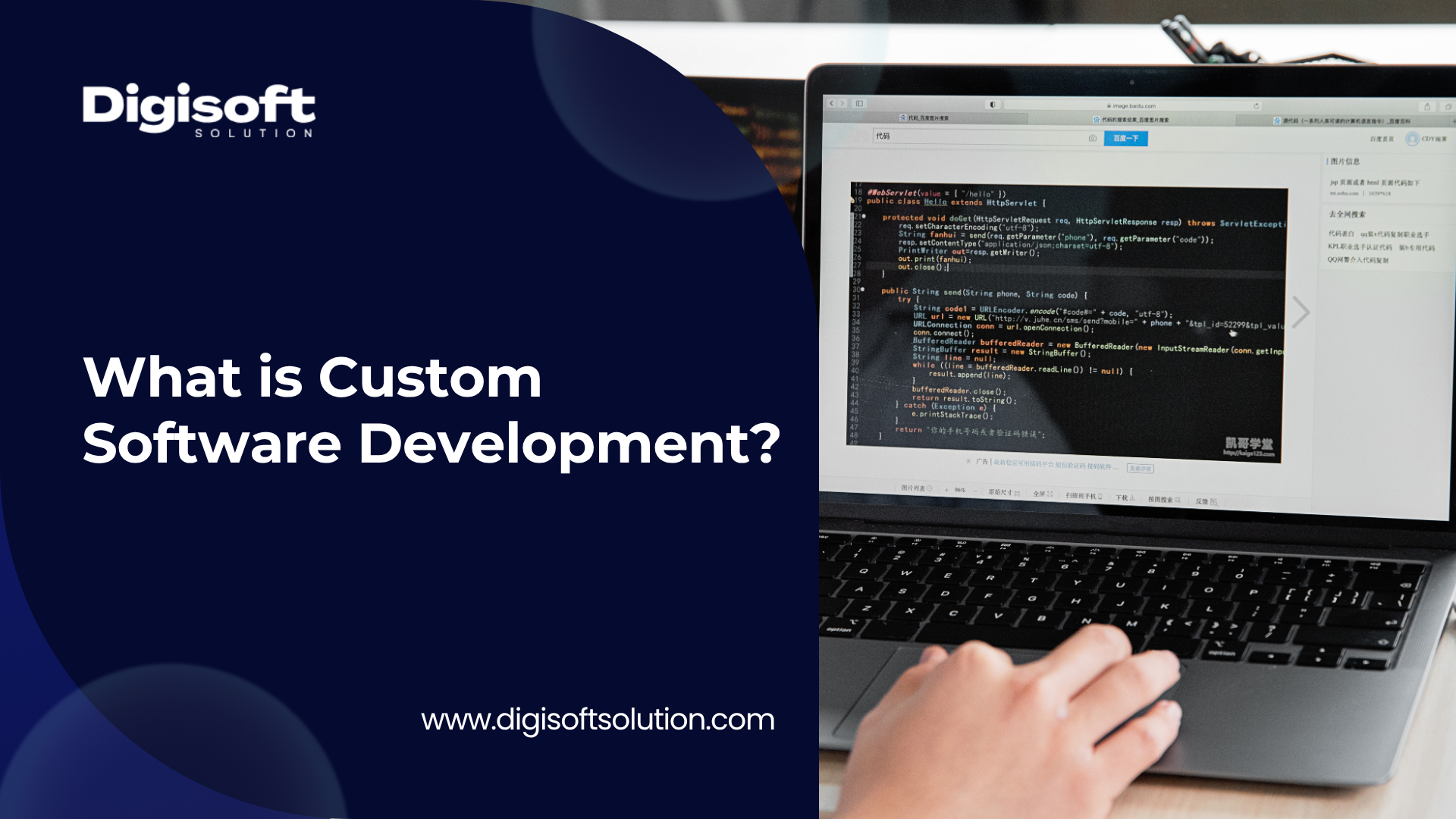














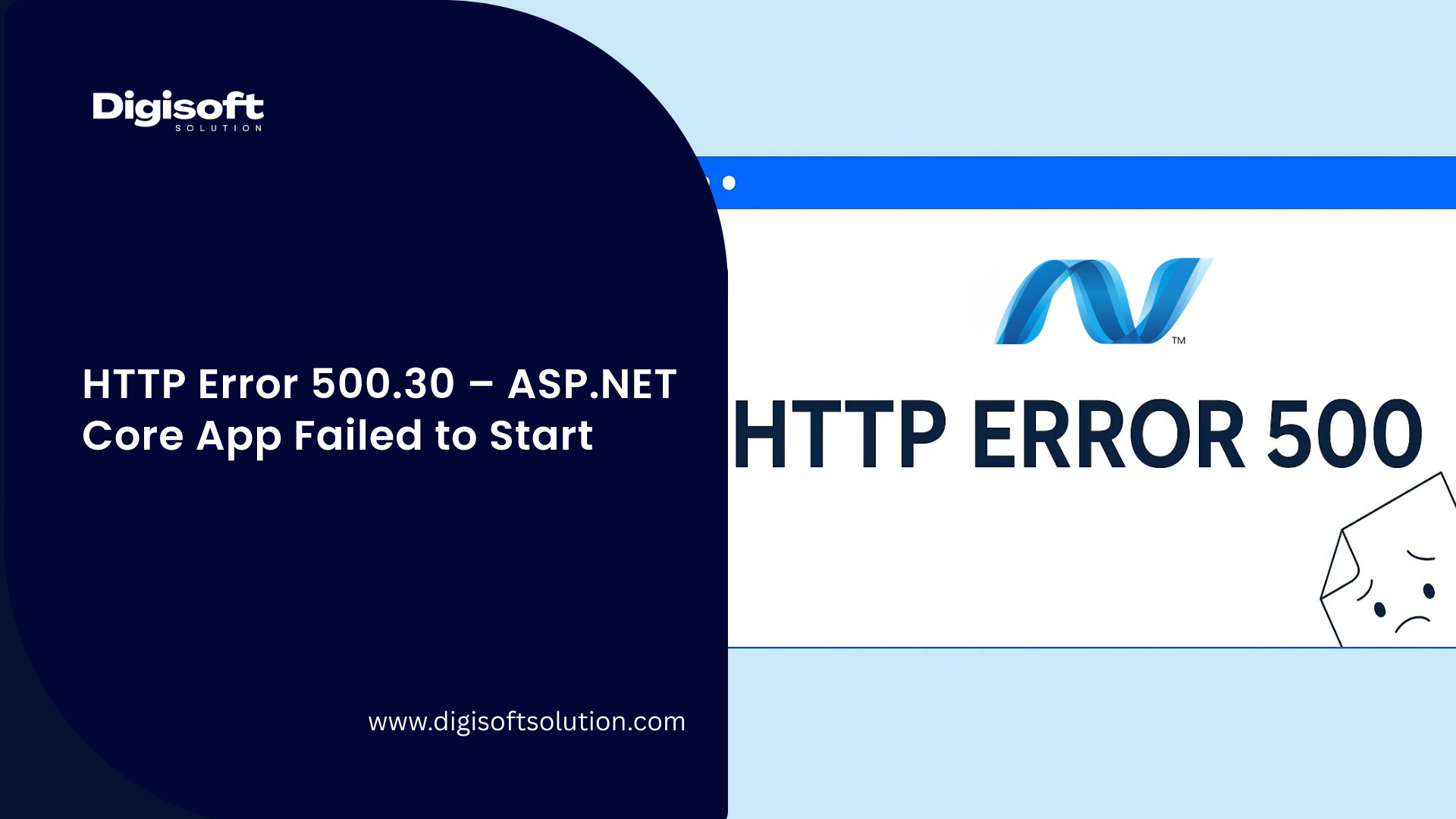
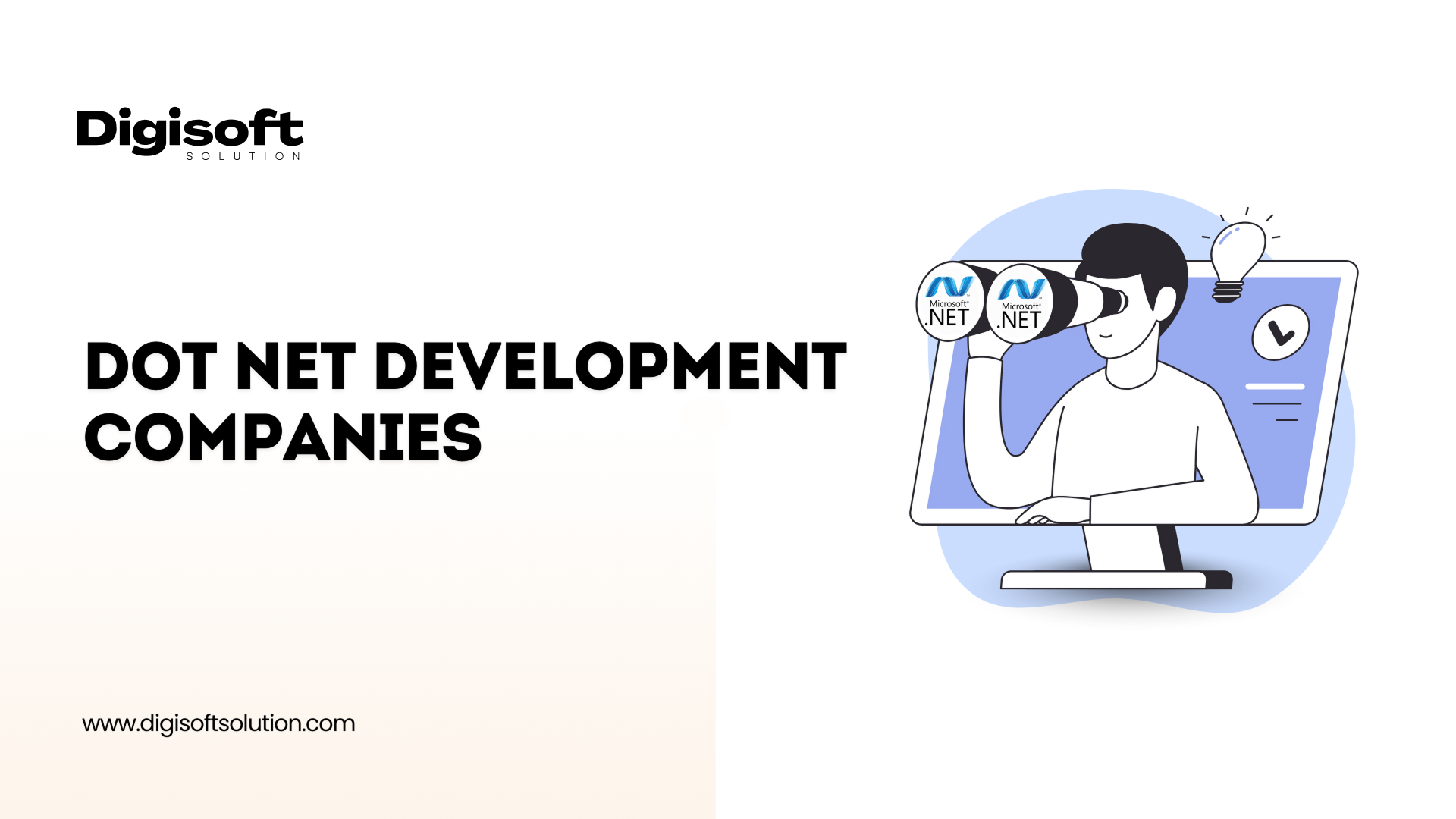
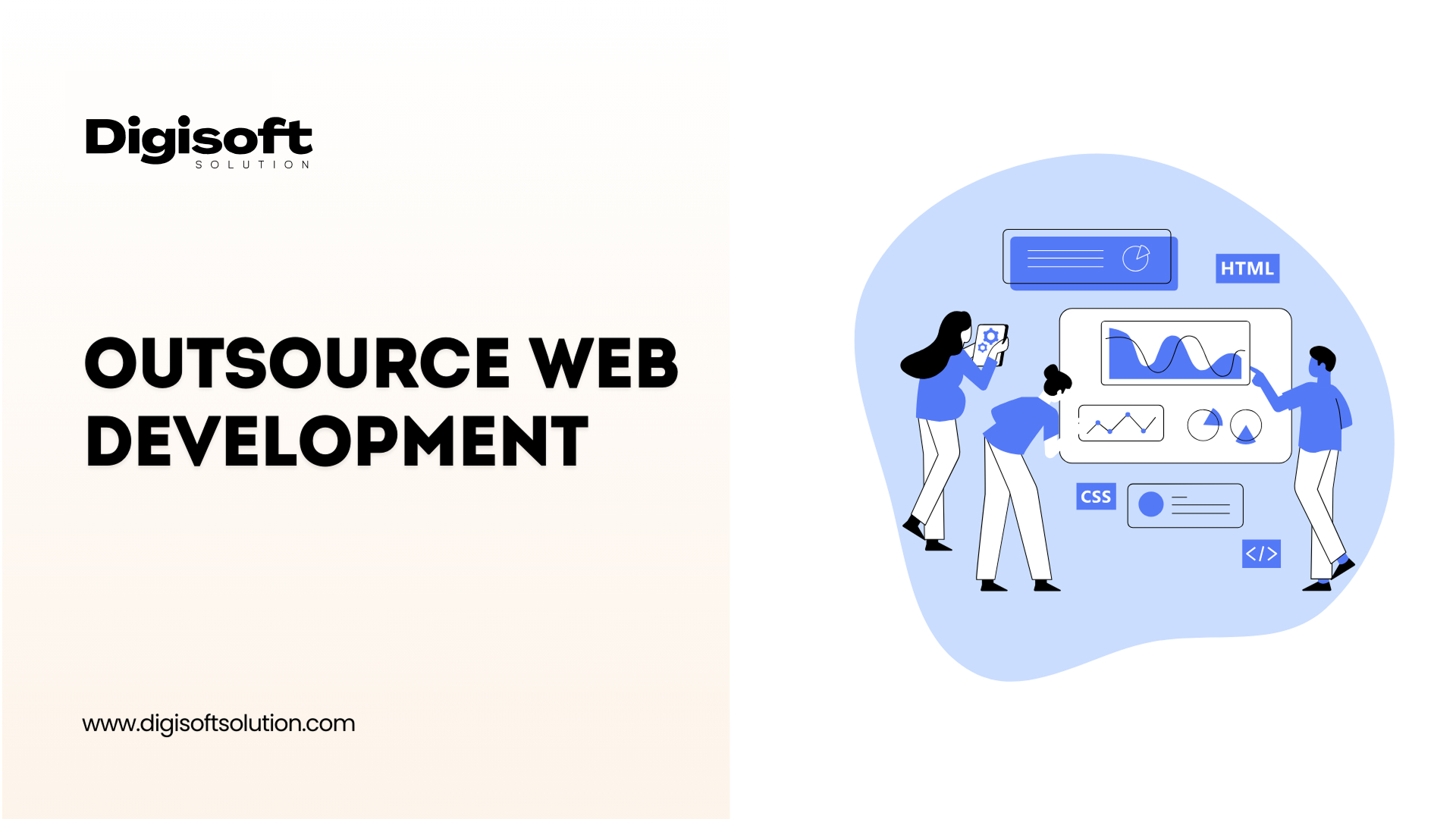
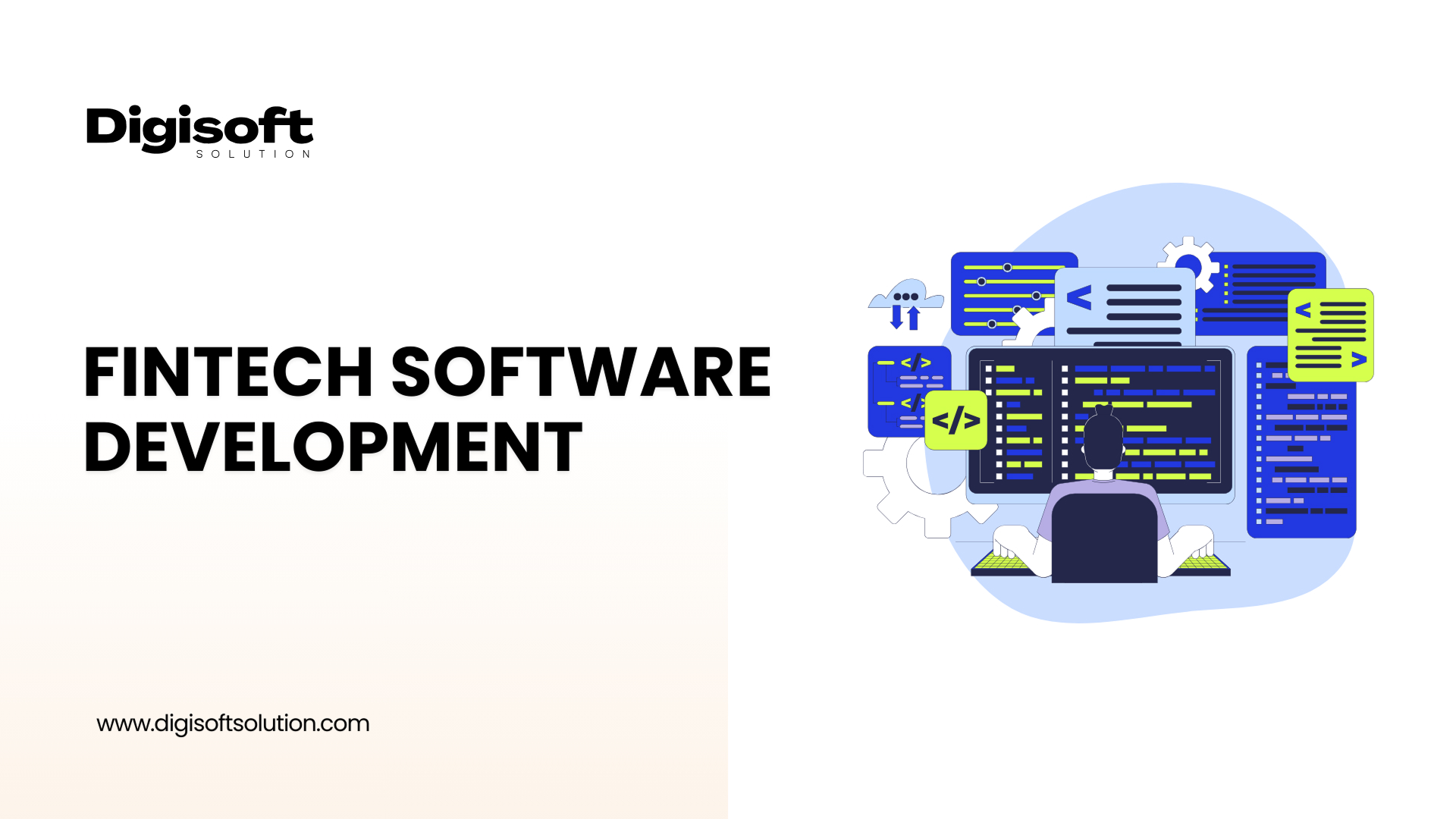
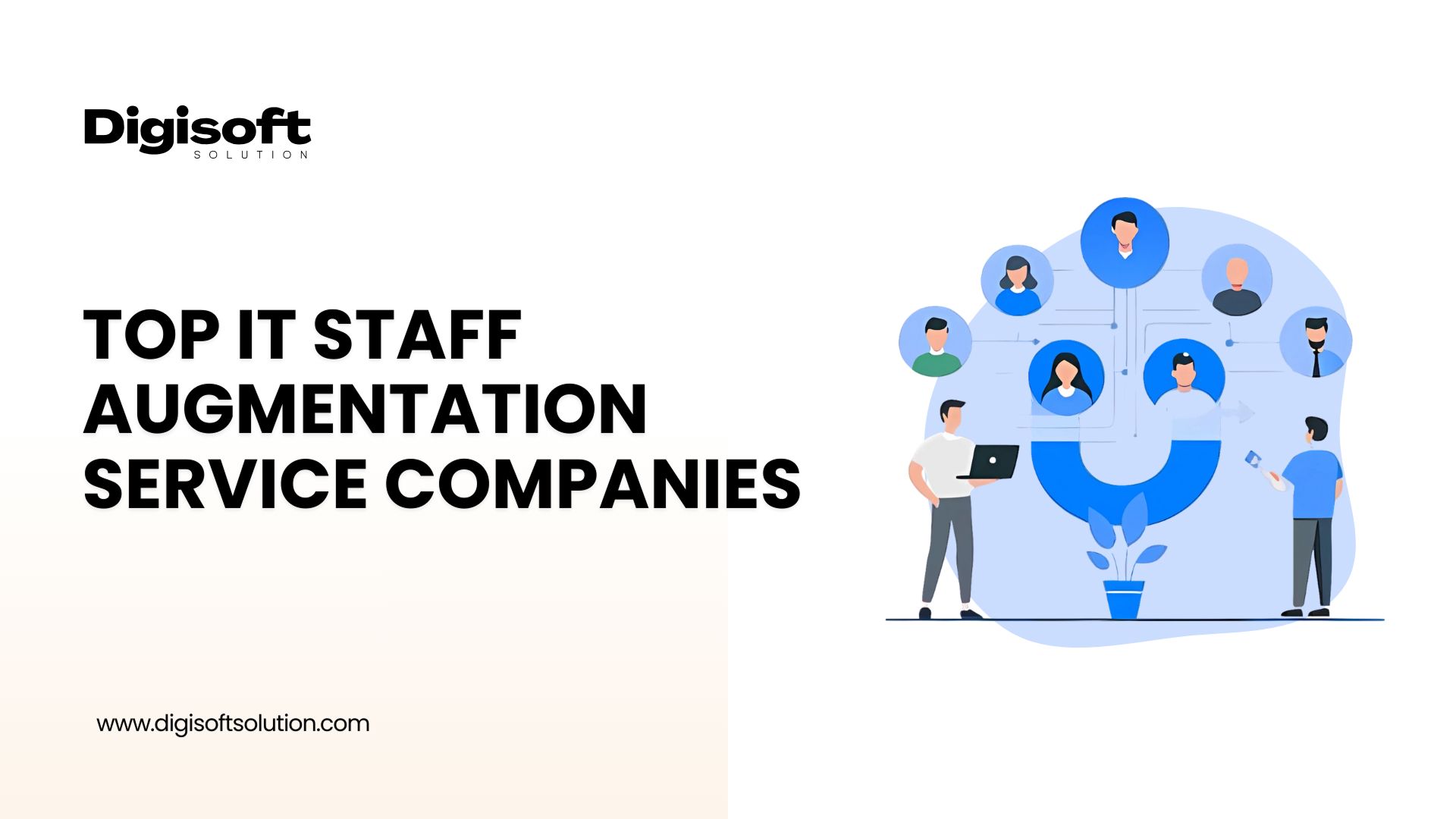
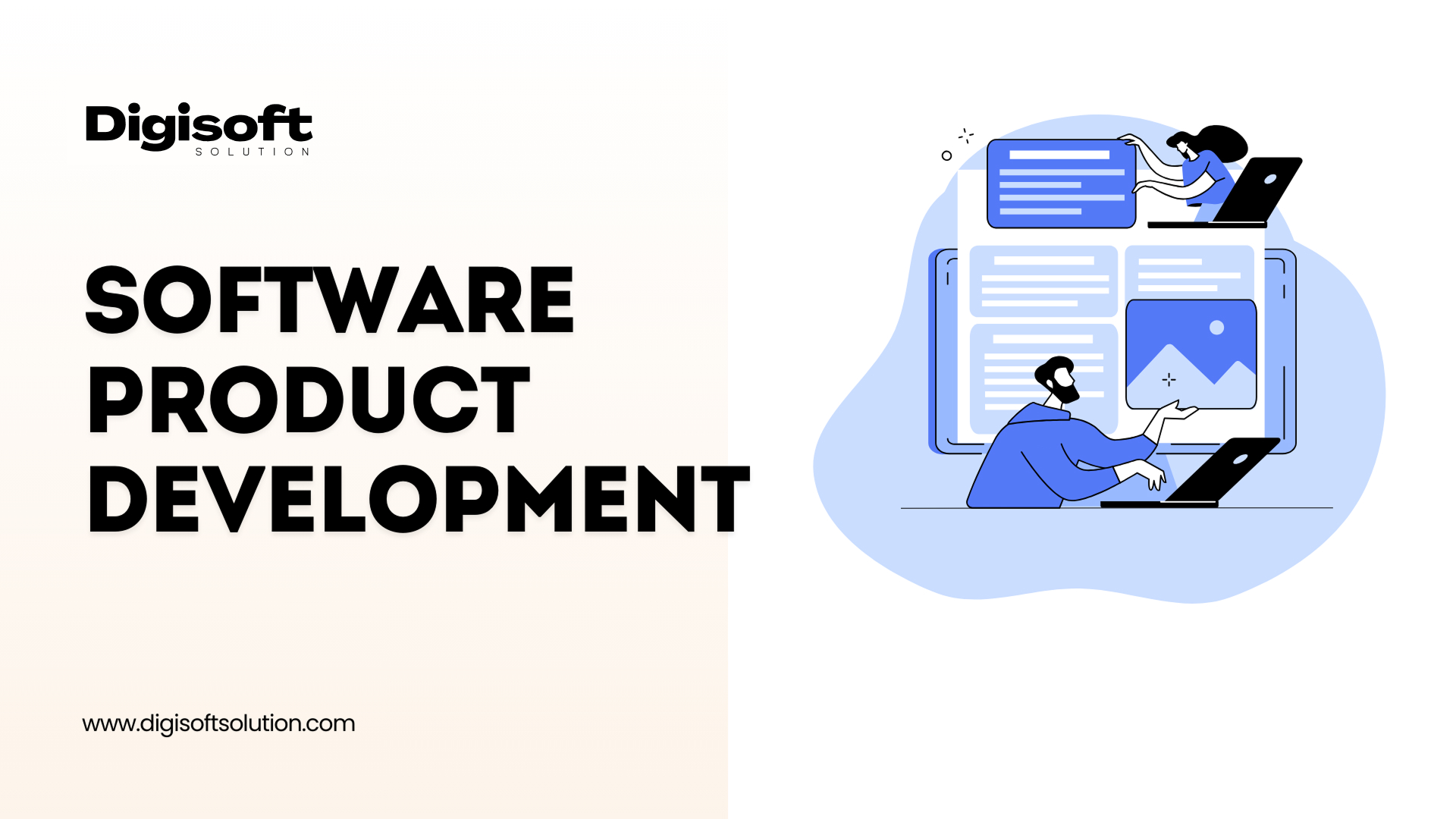
 Kapil Sharma
Kapil Sharma
